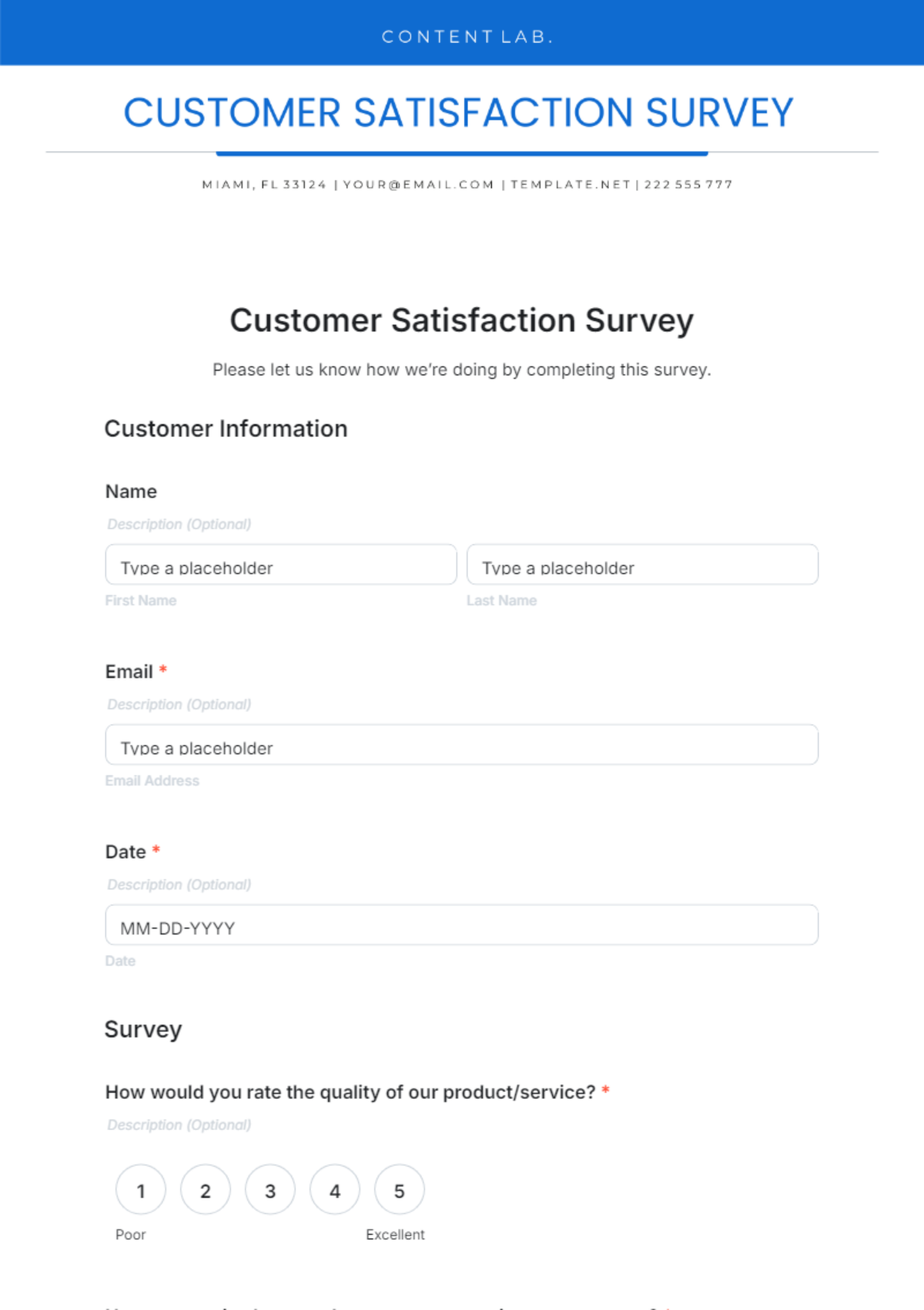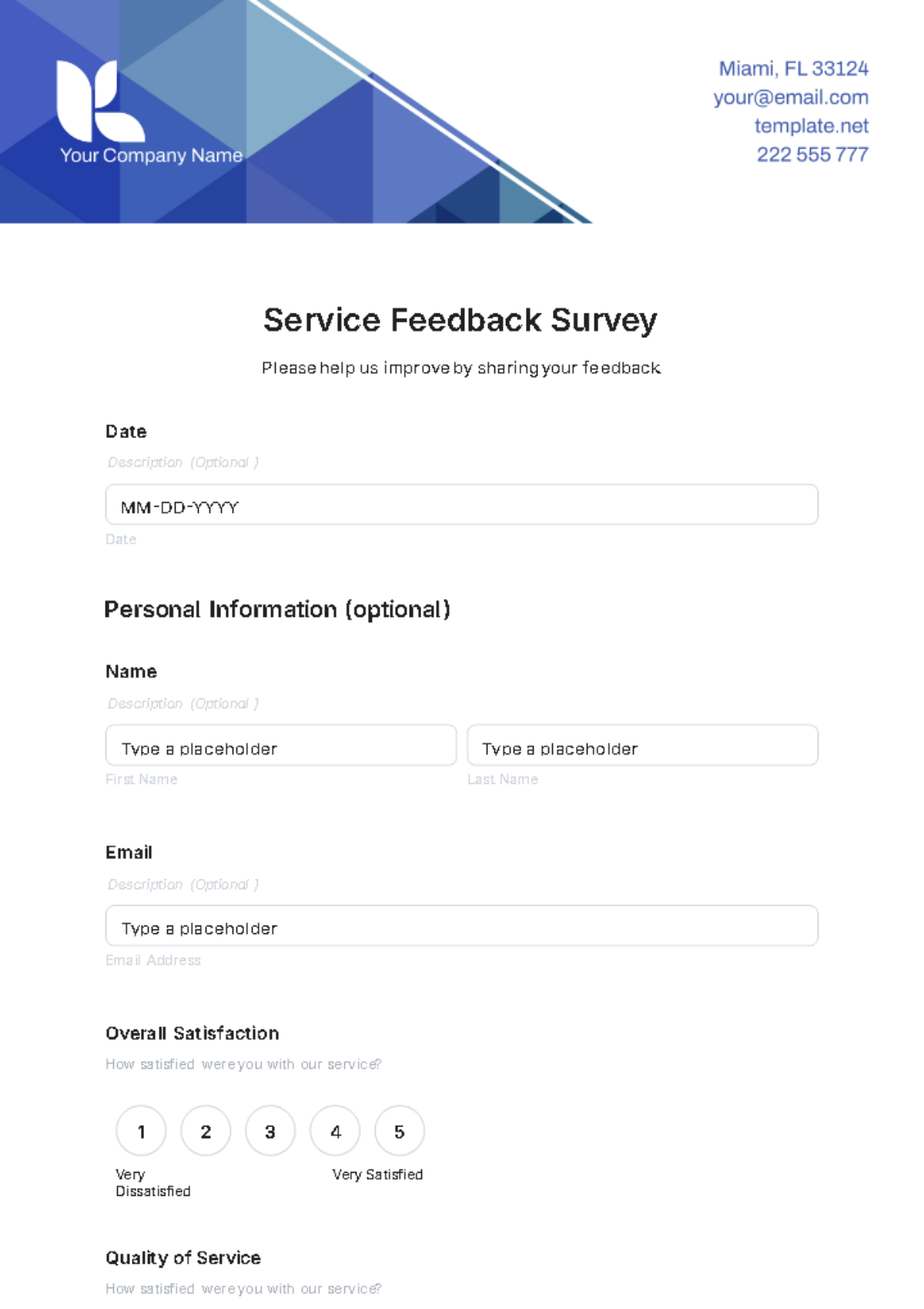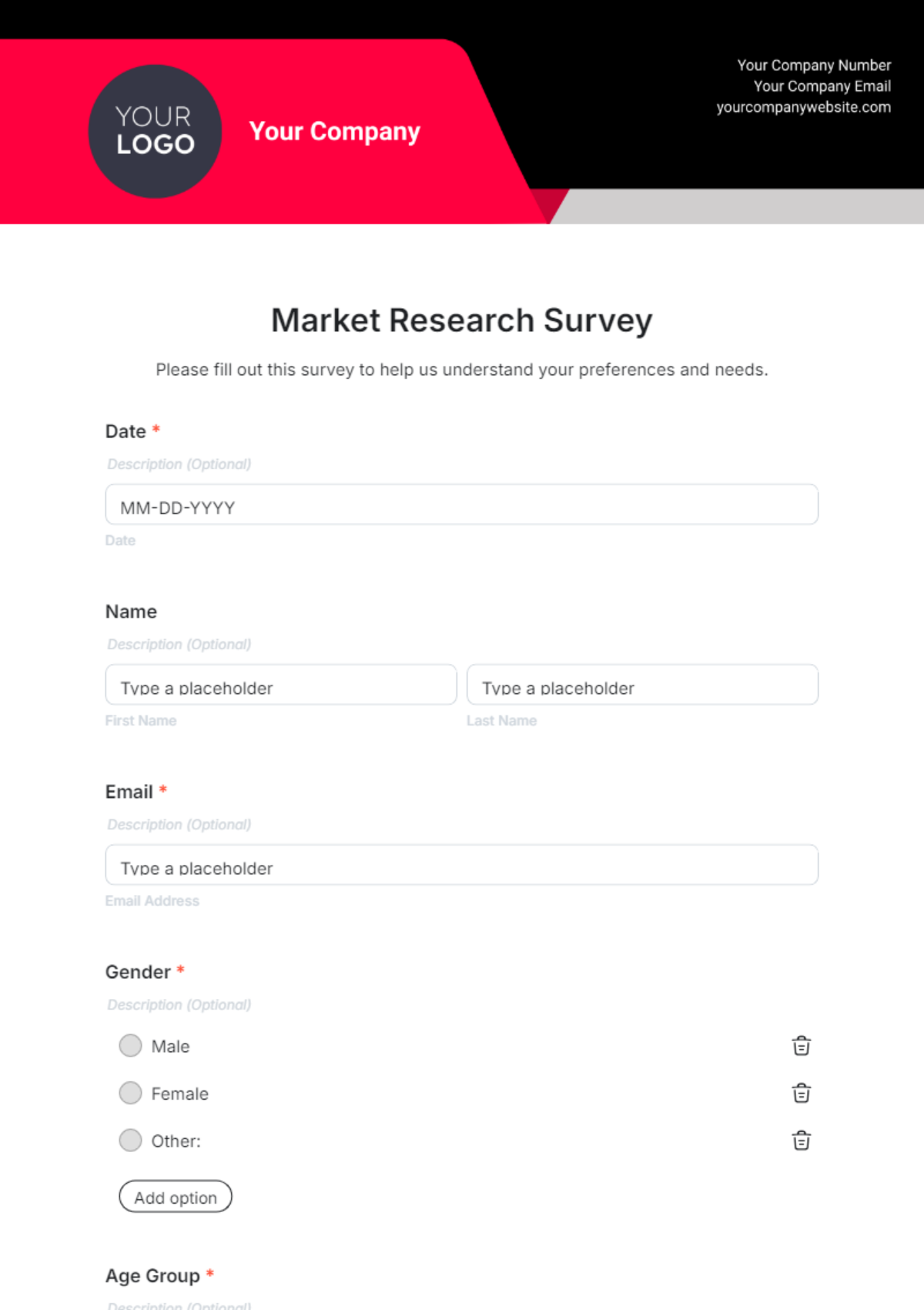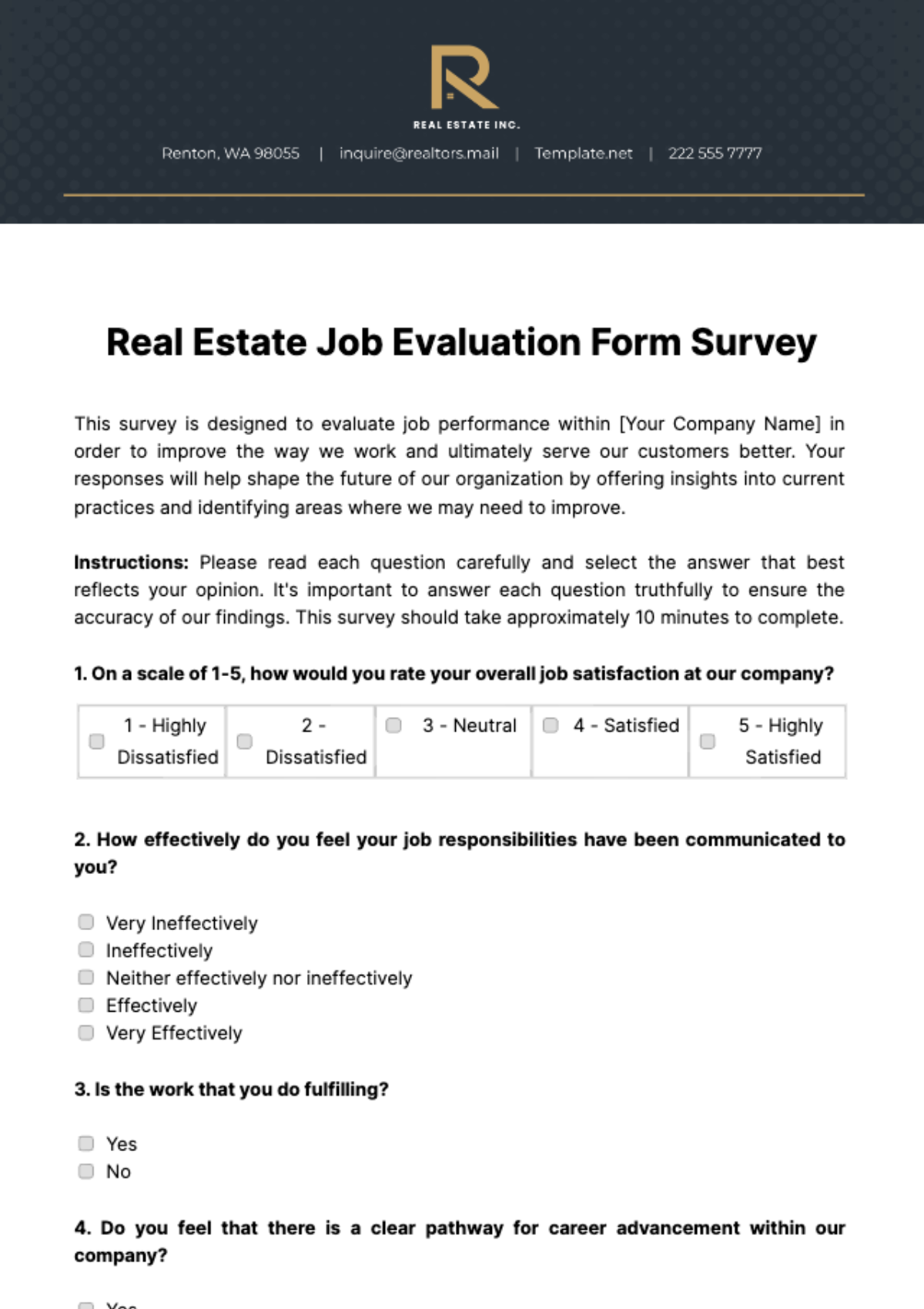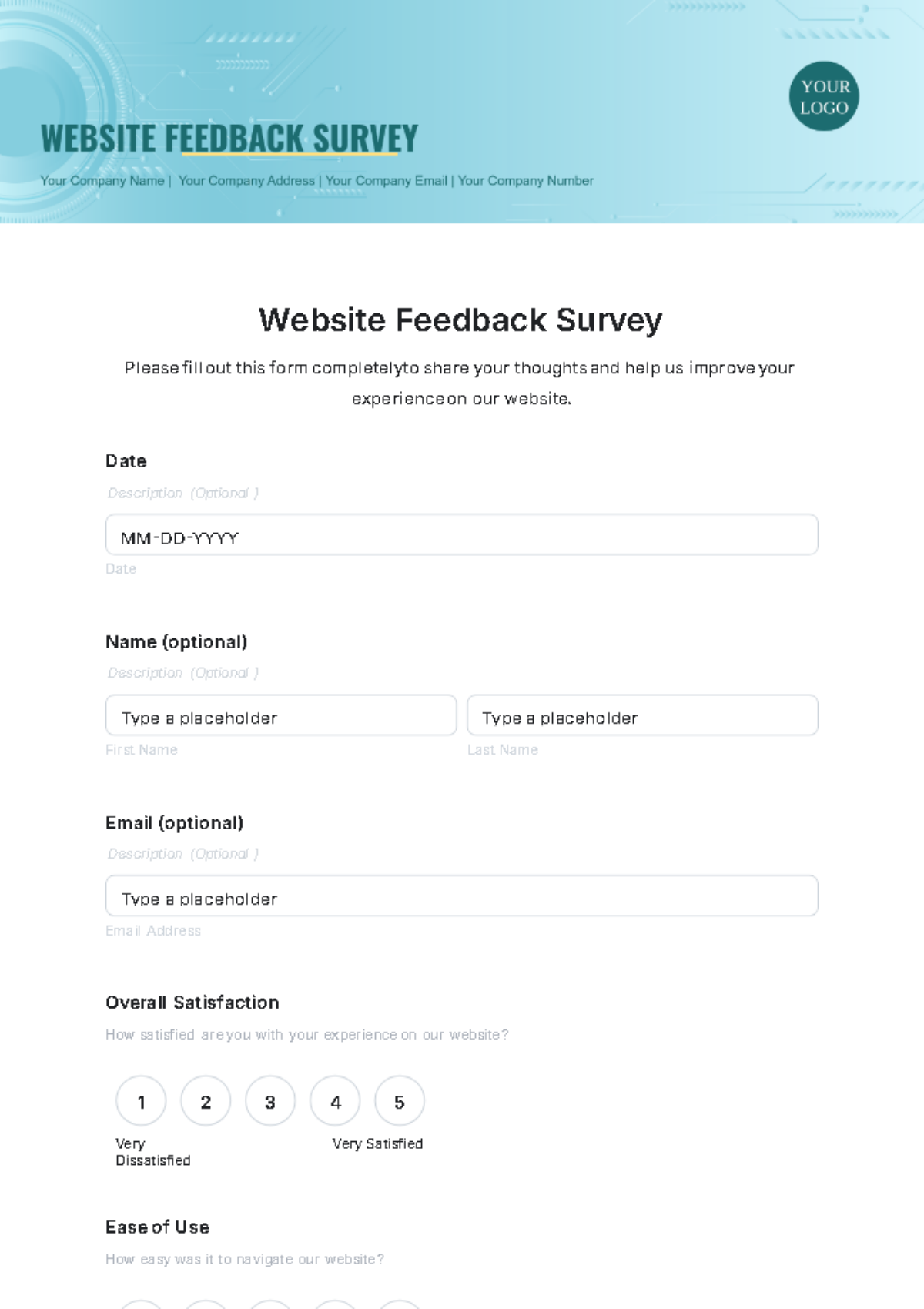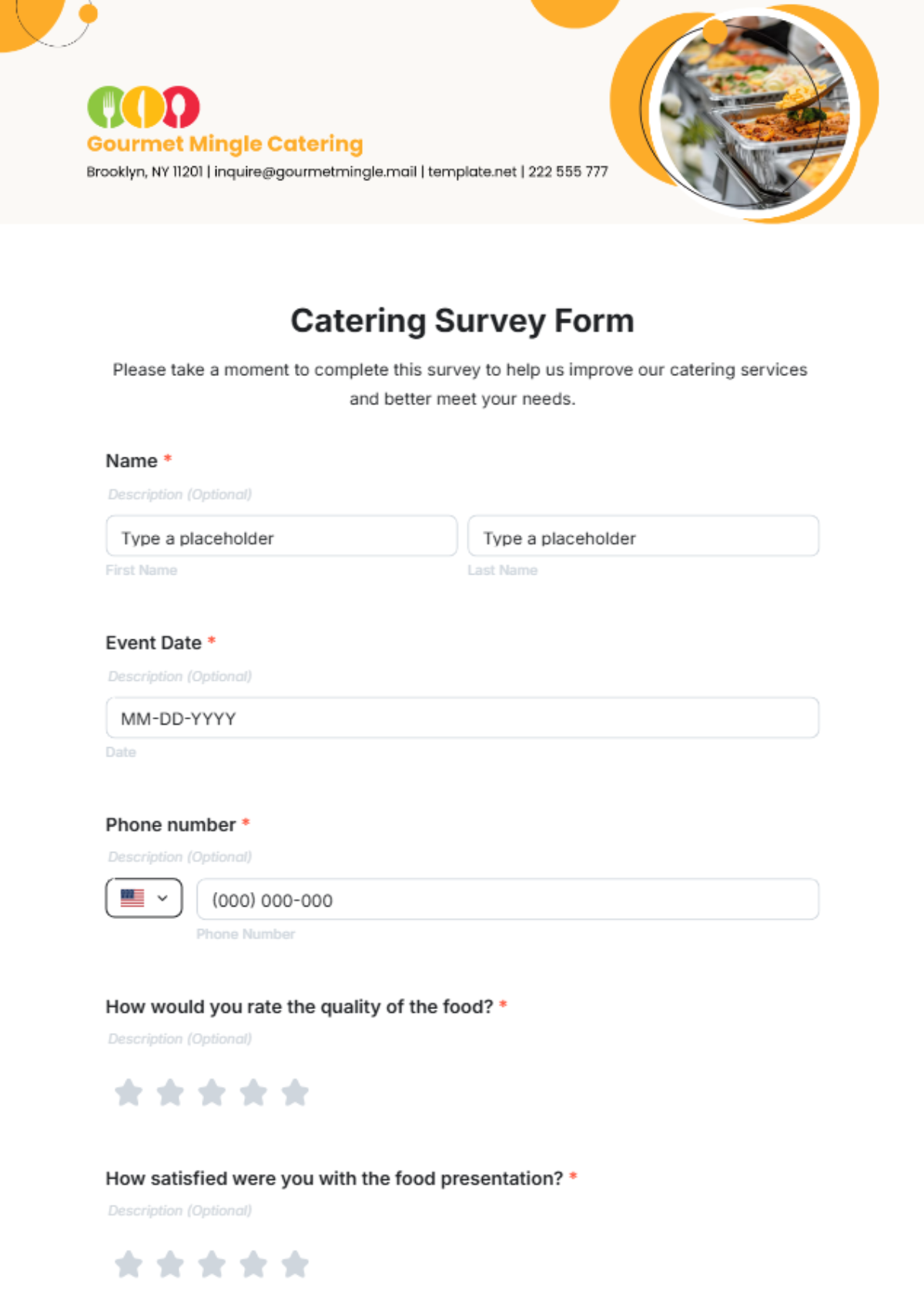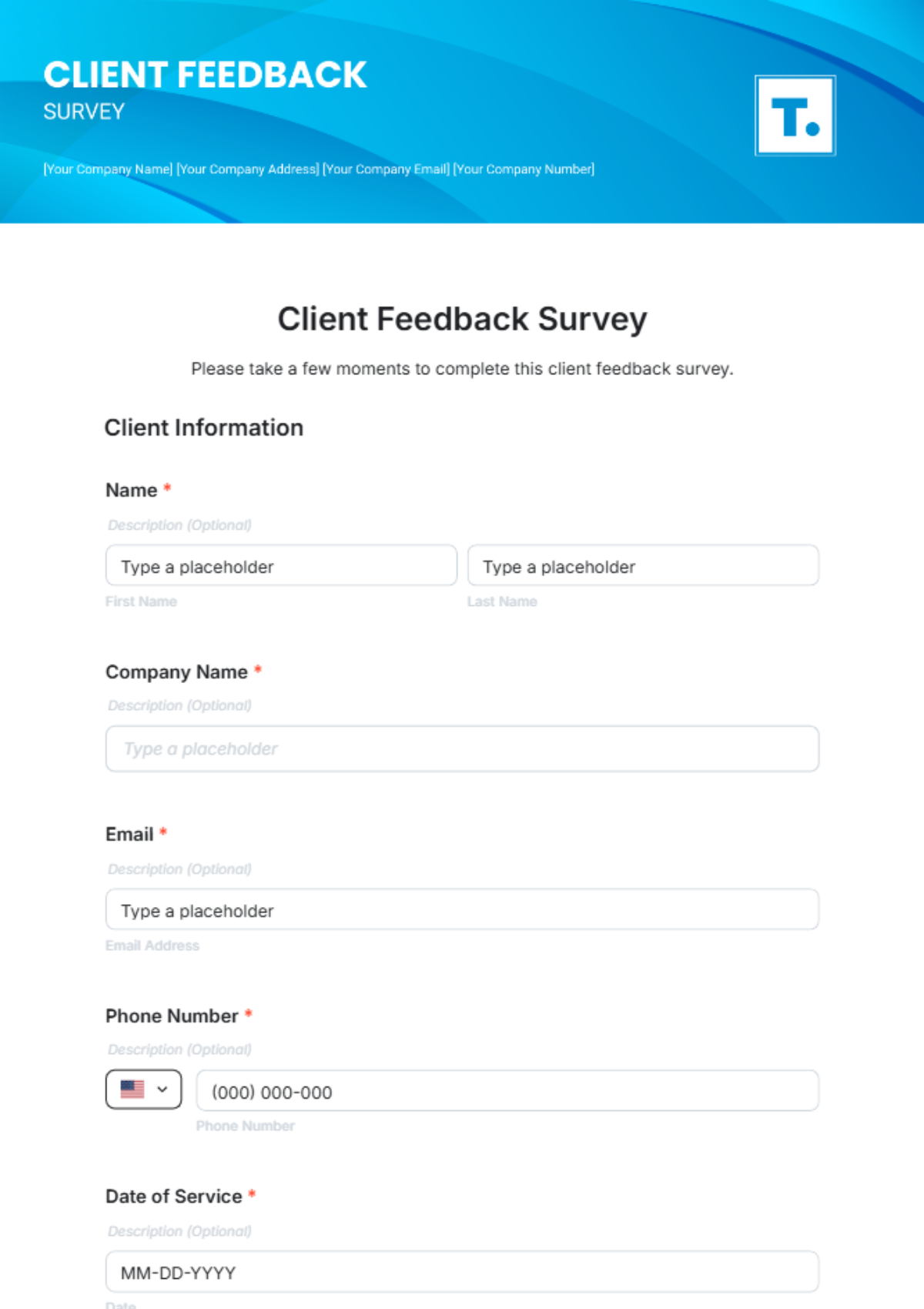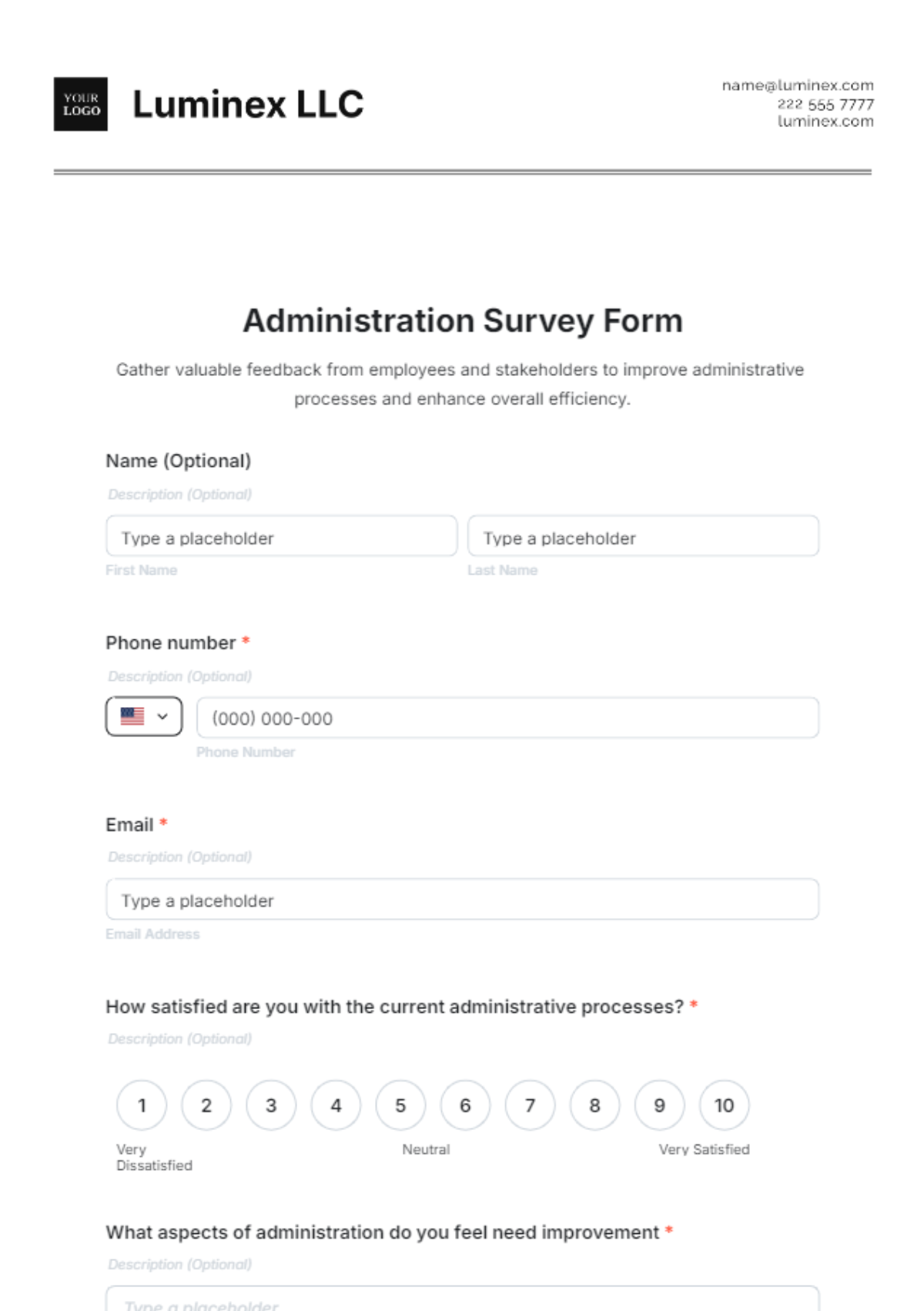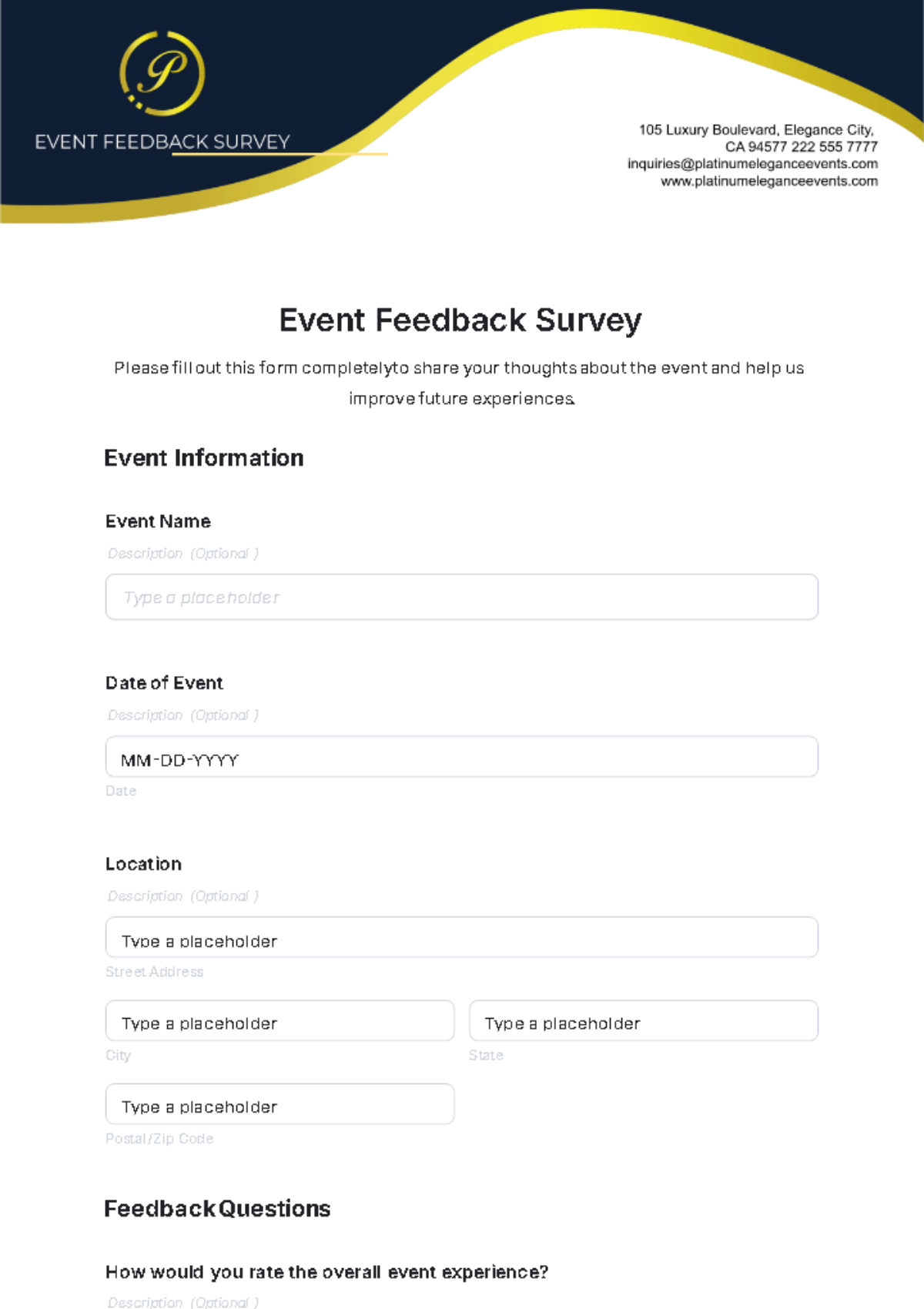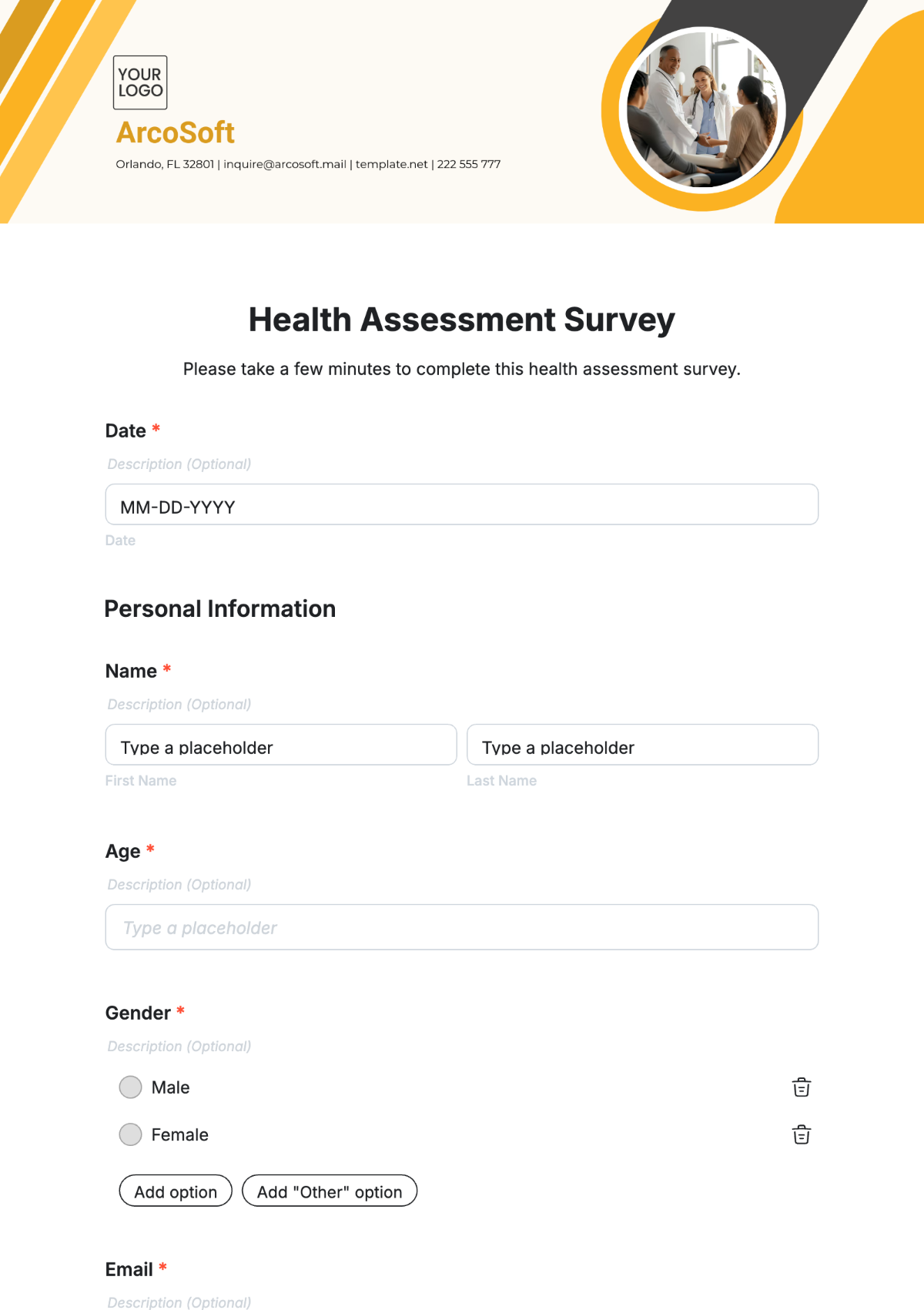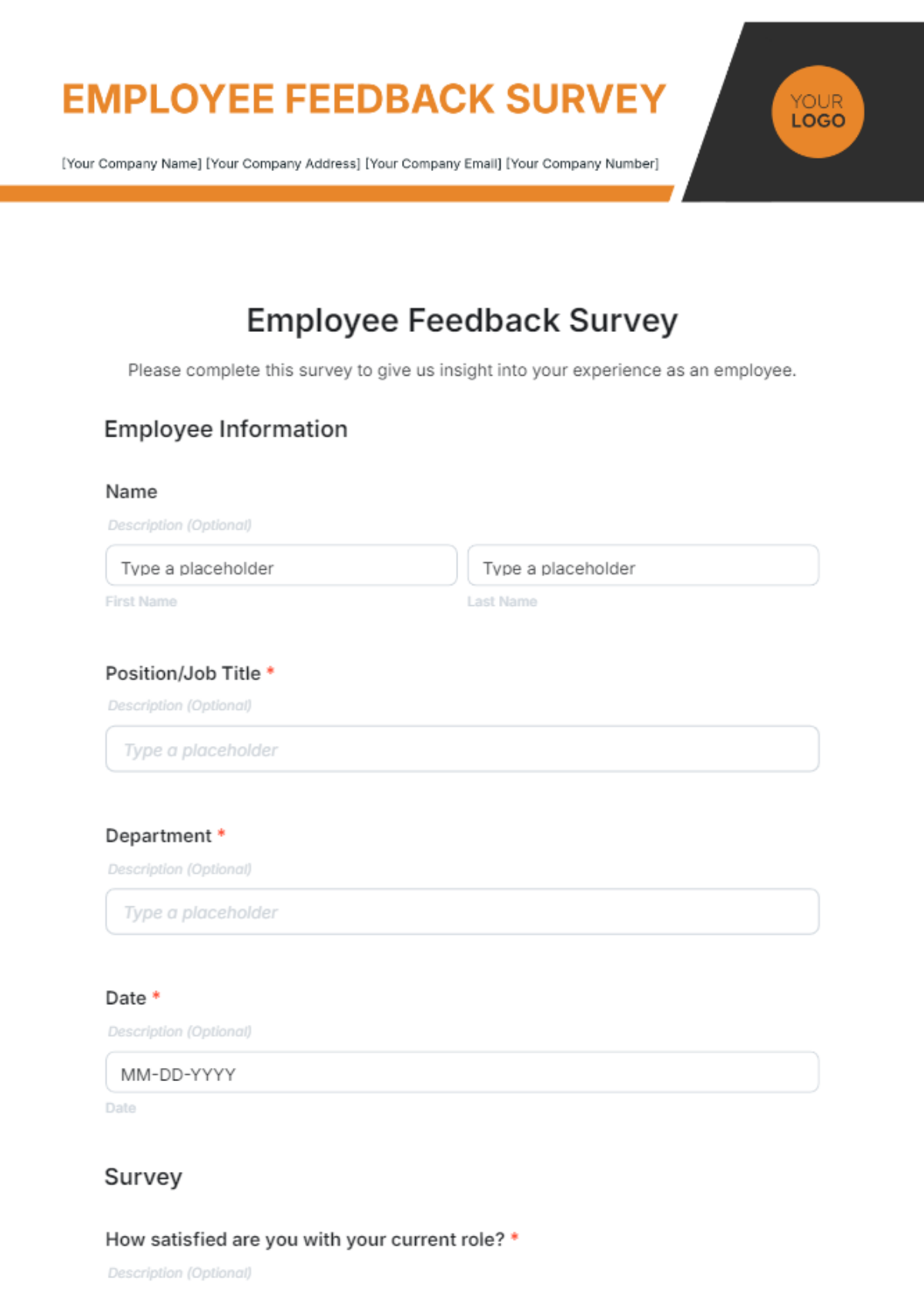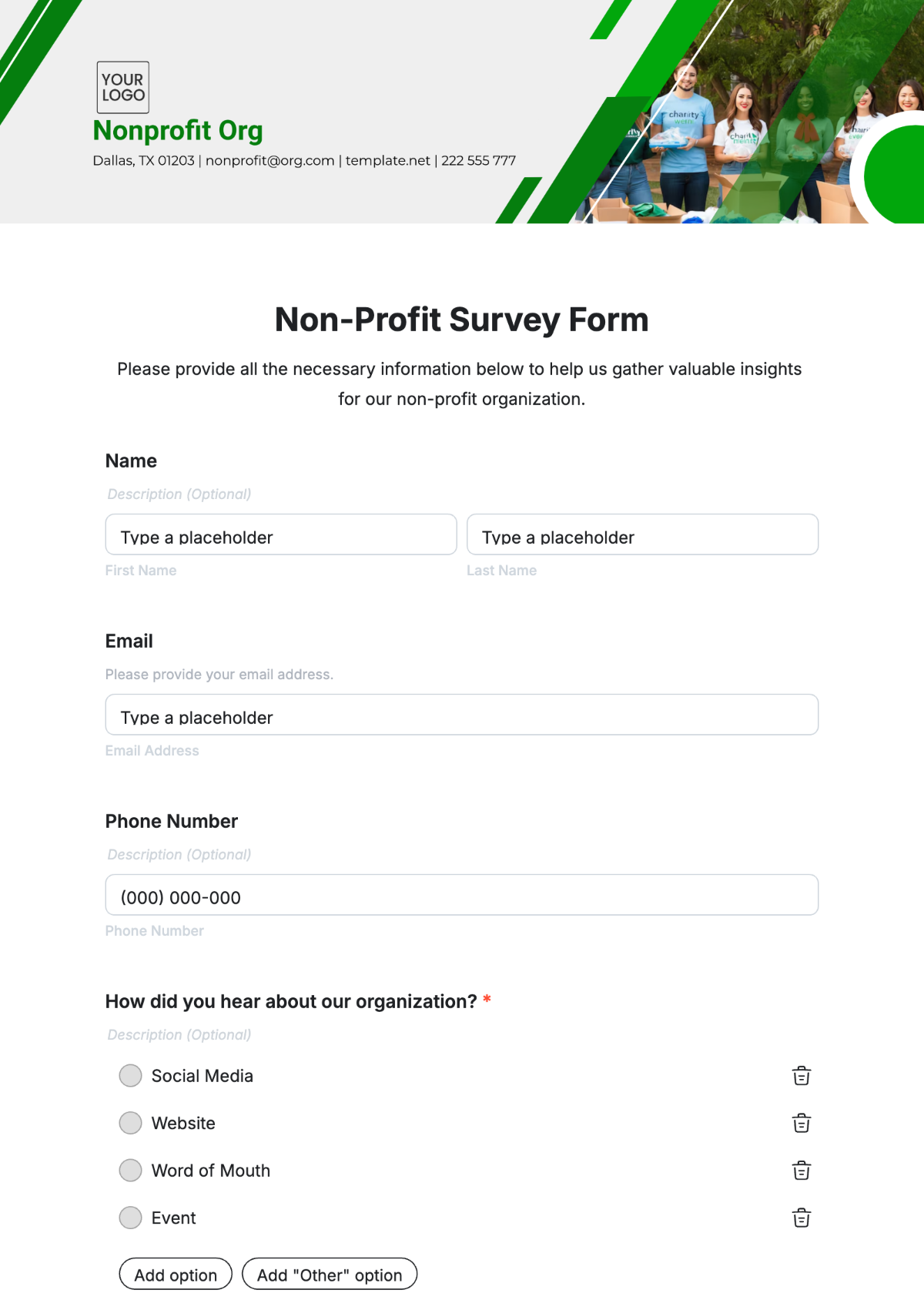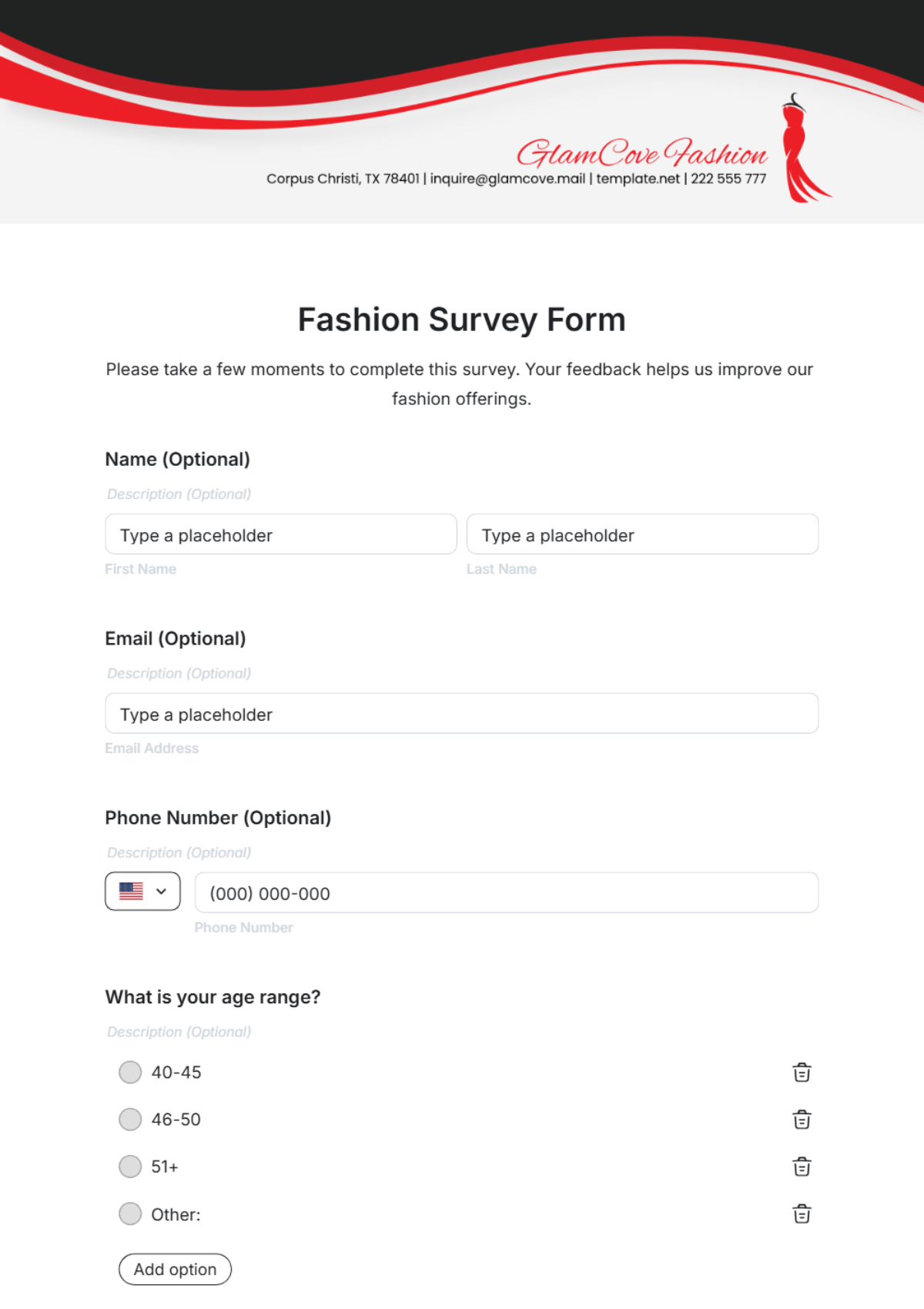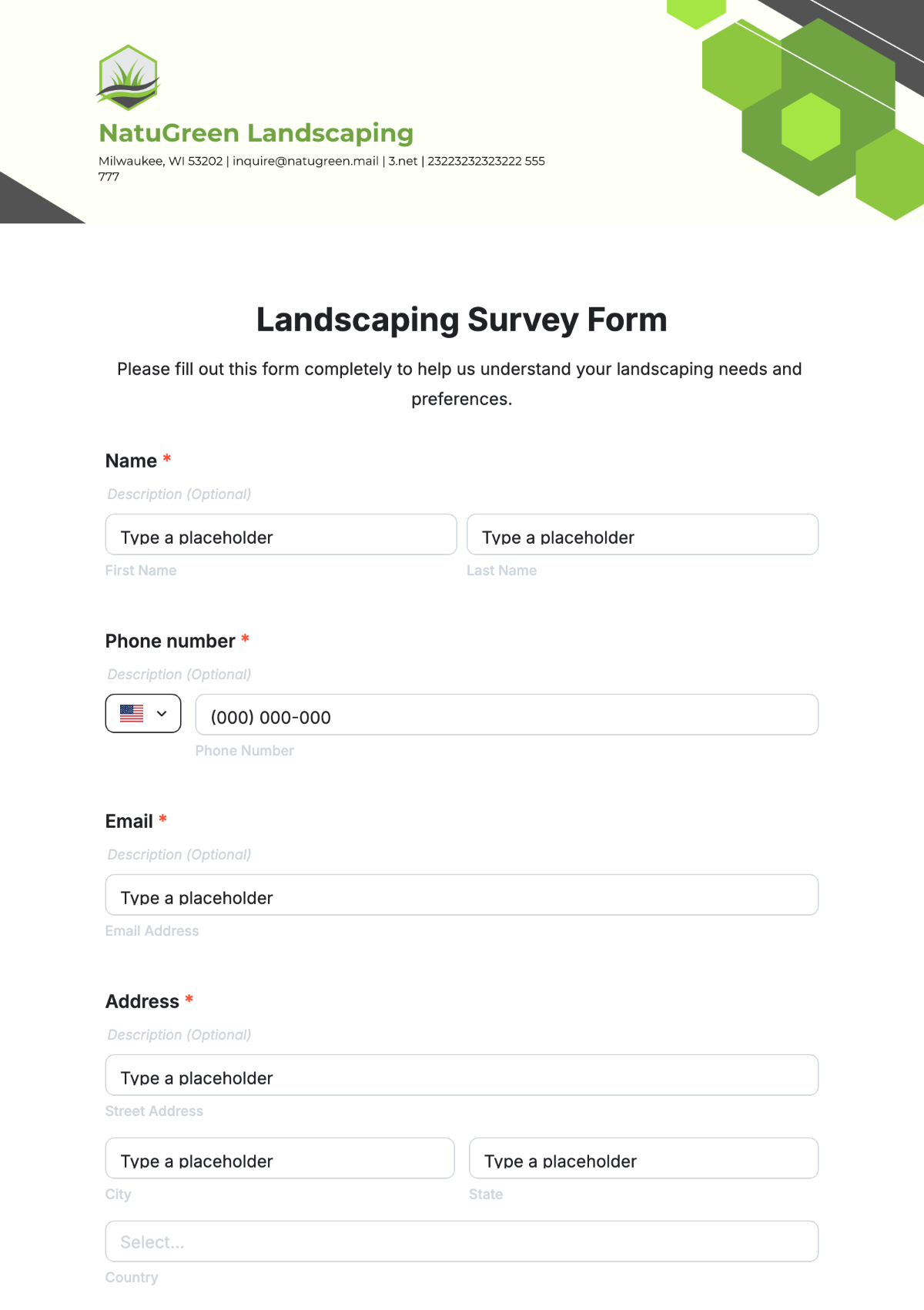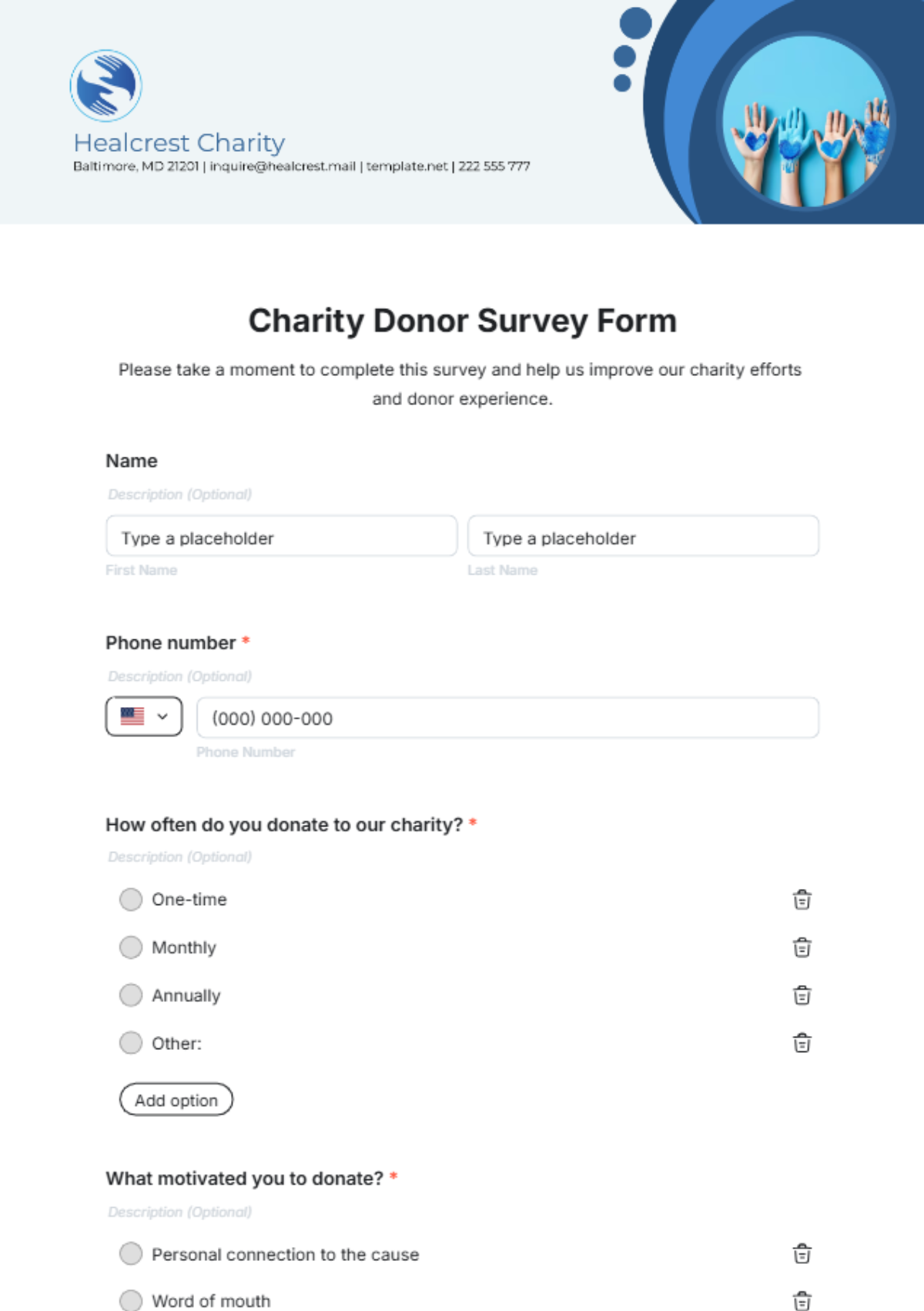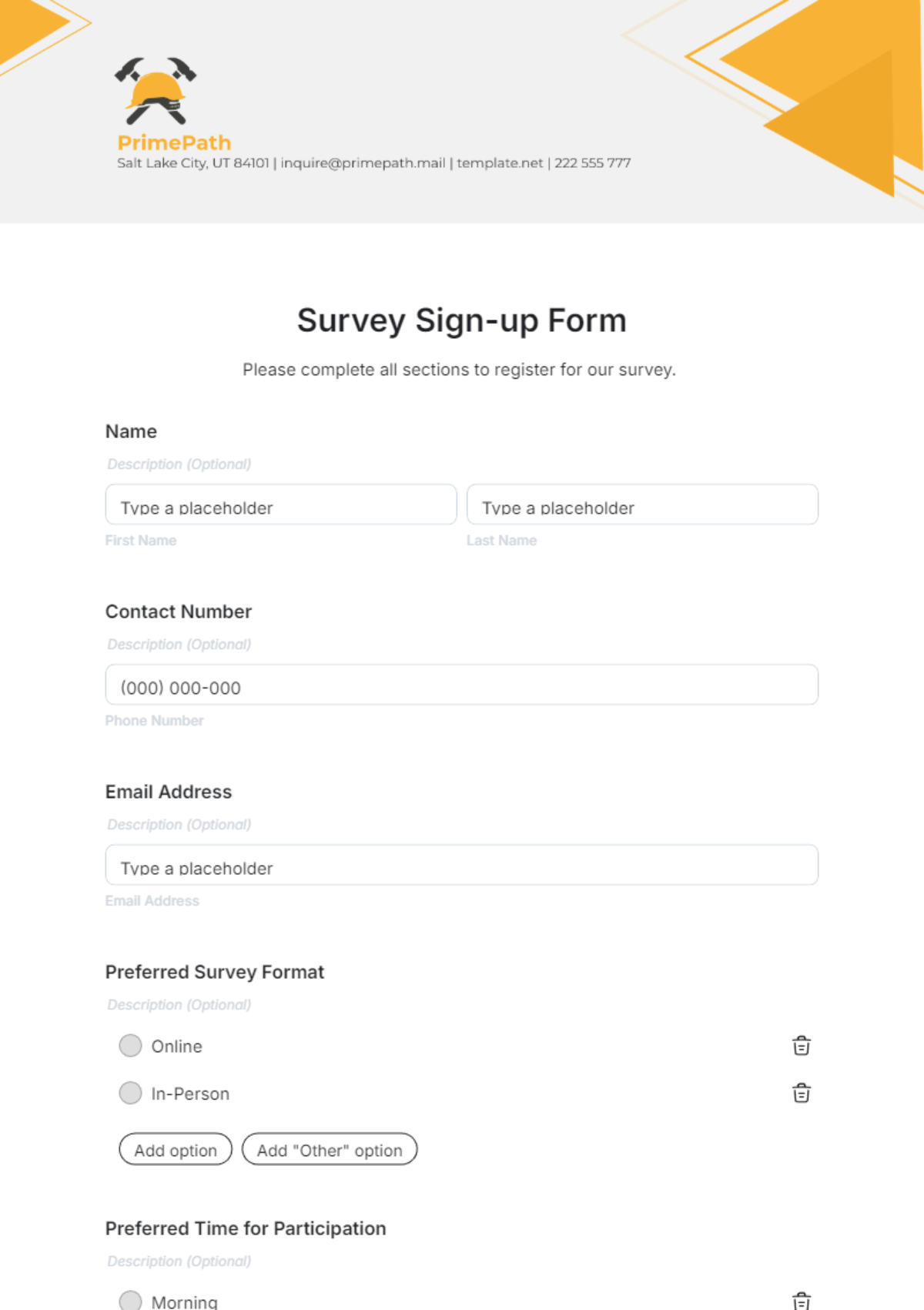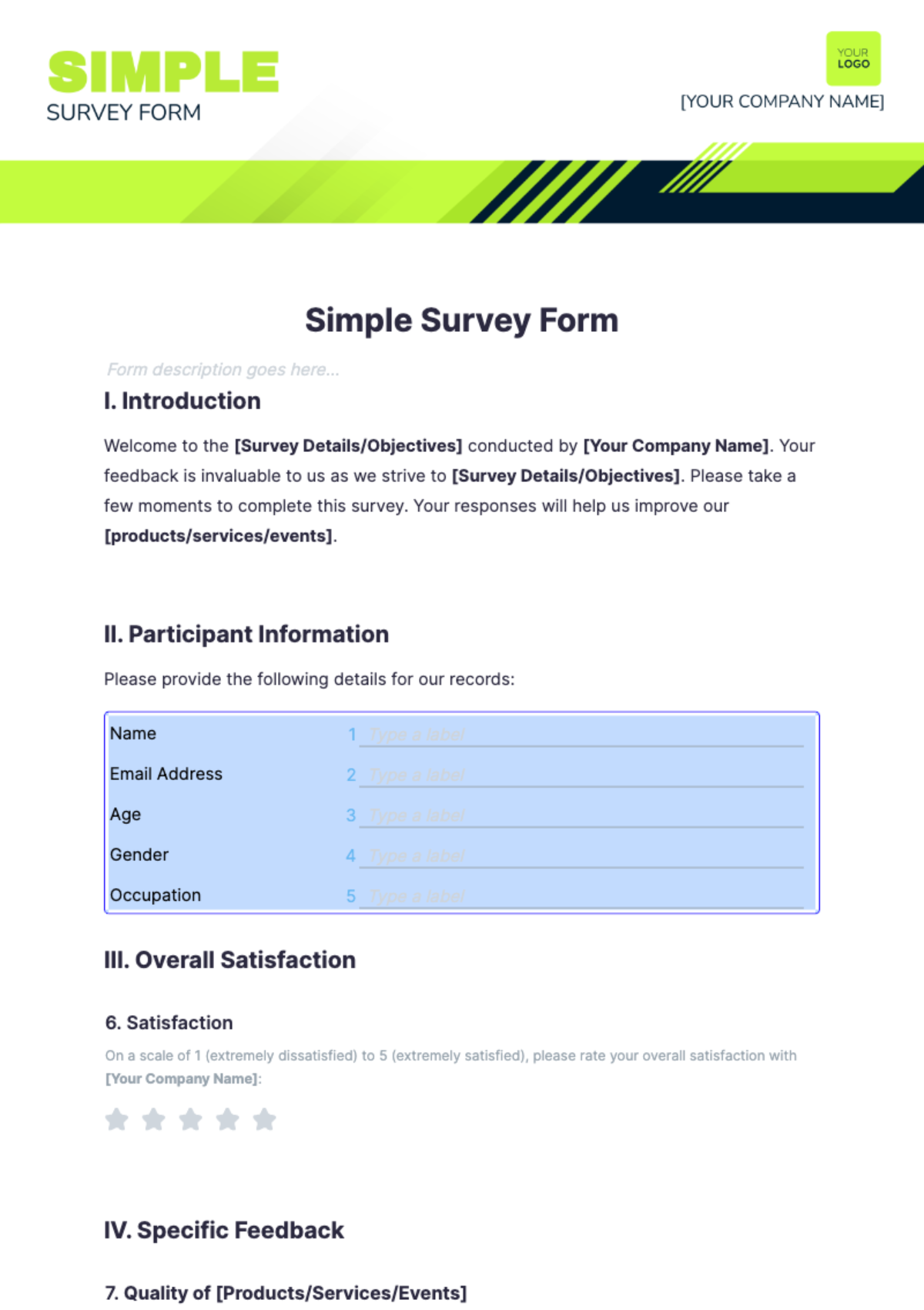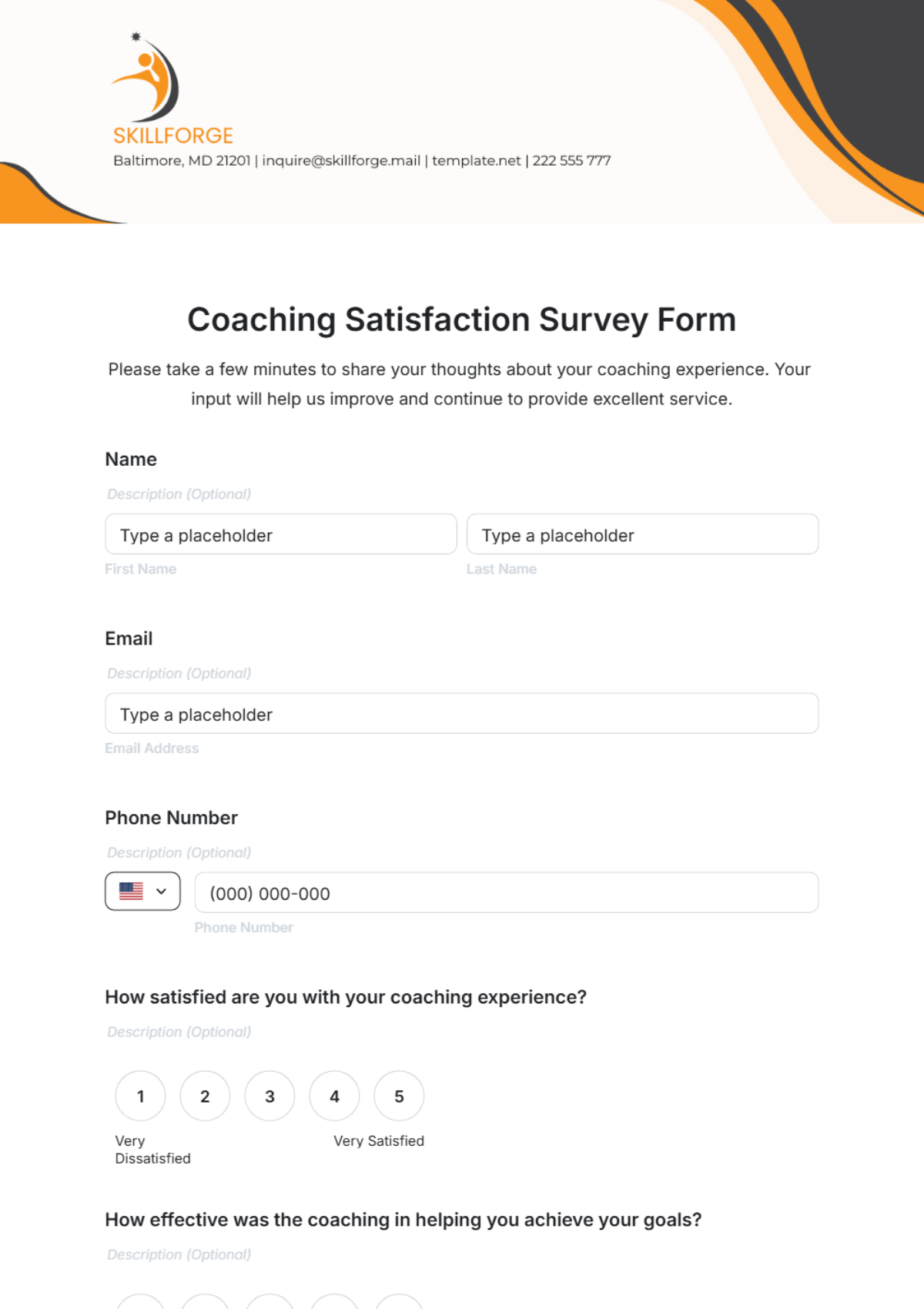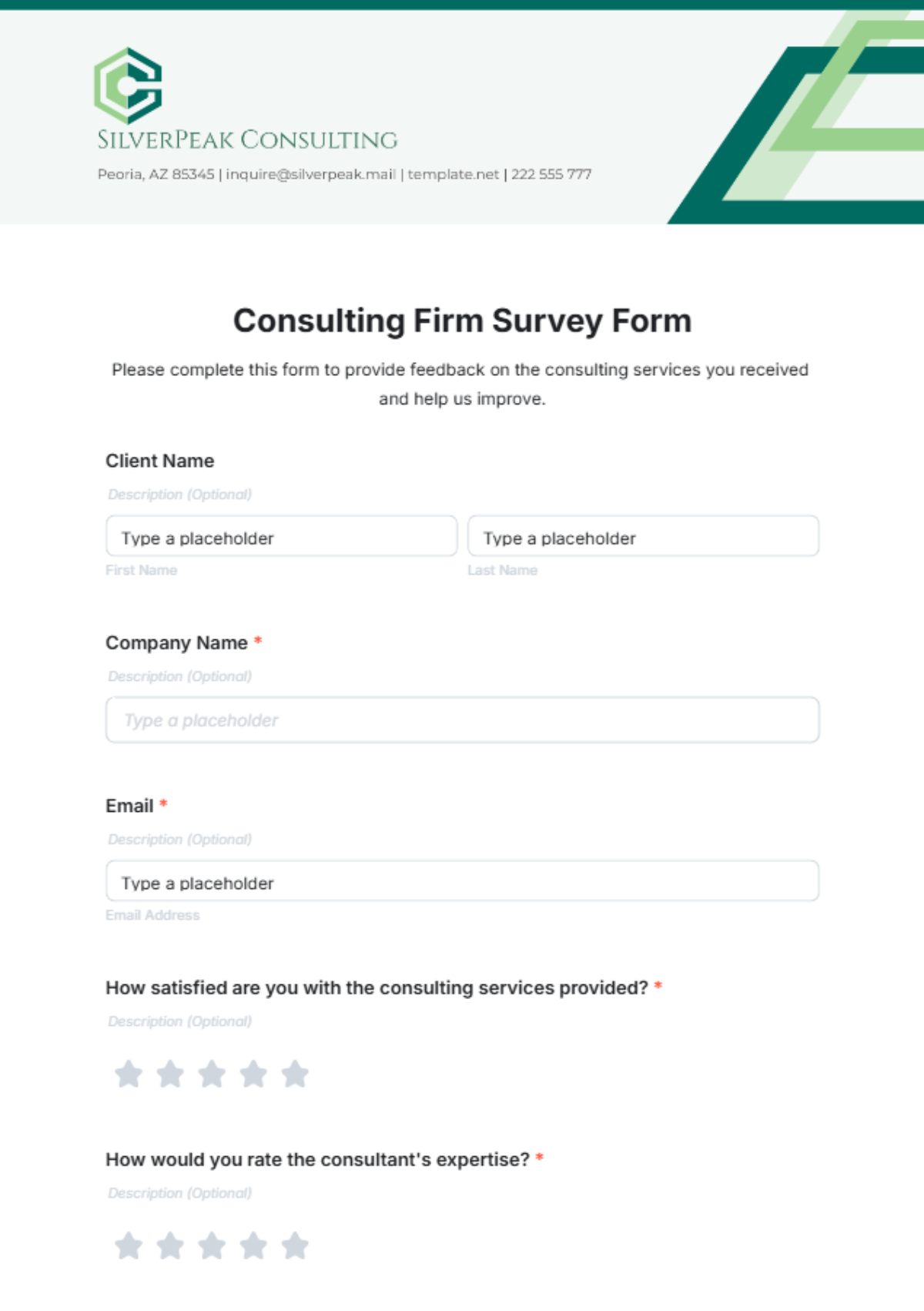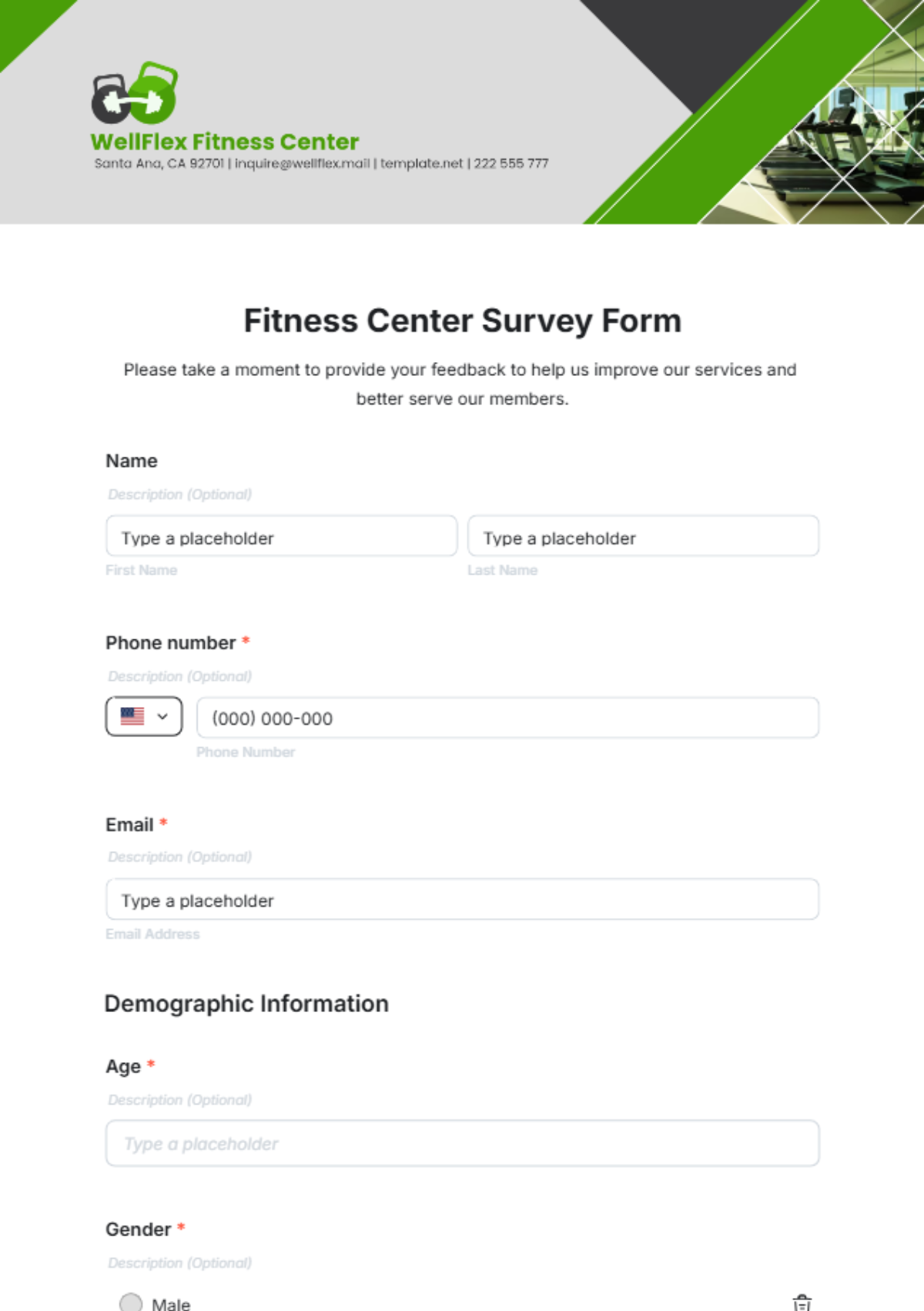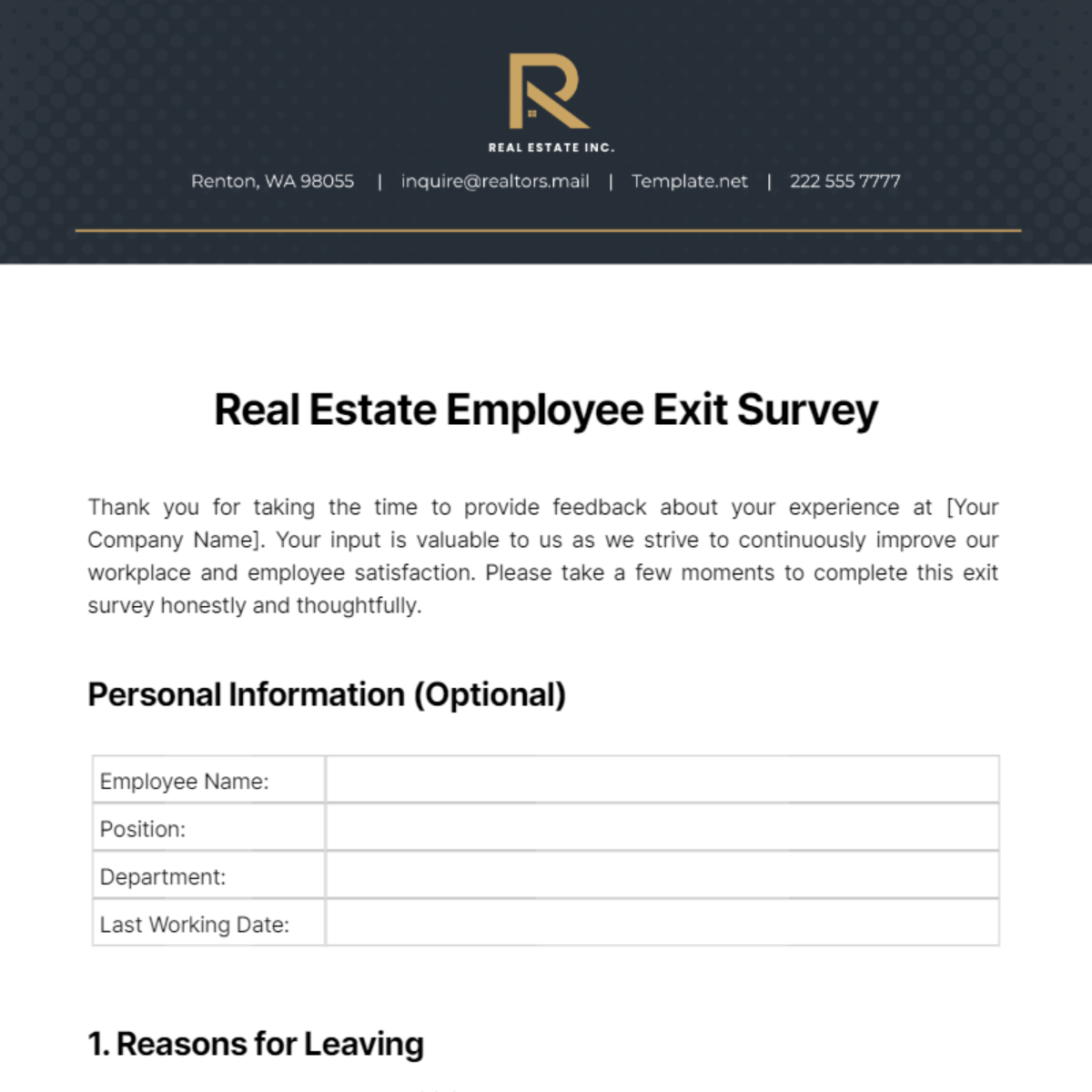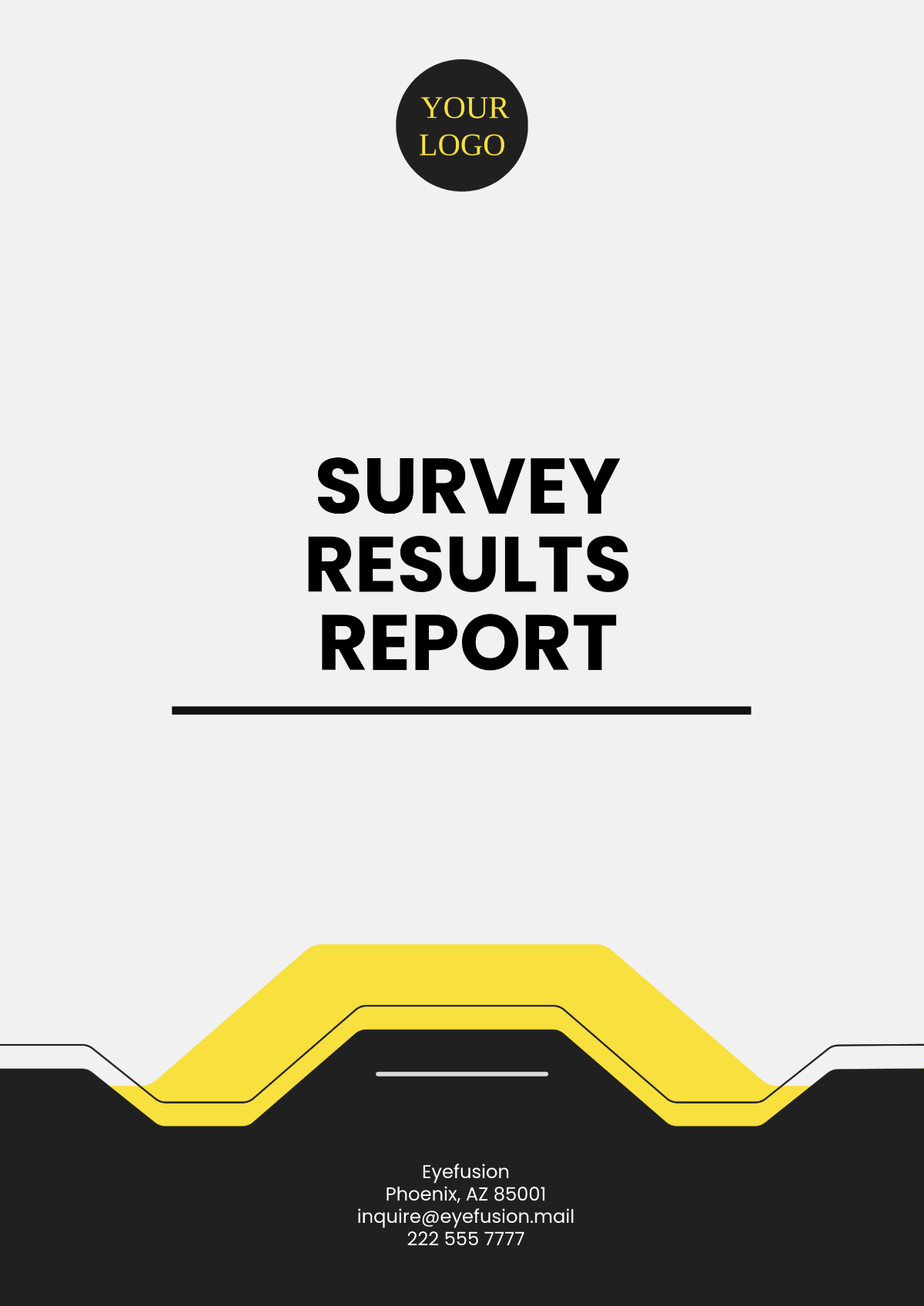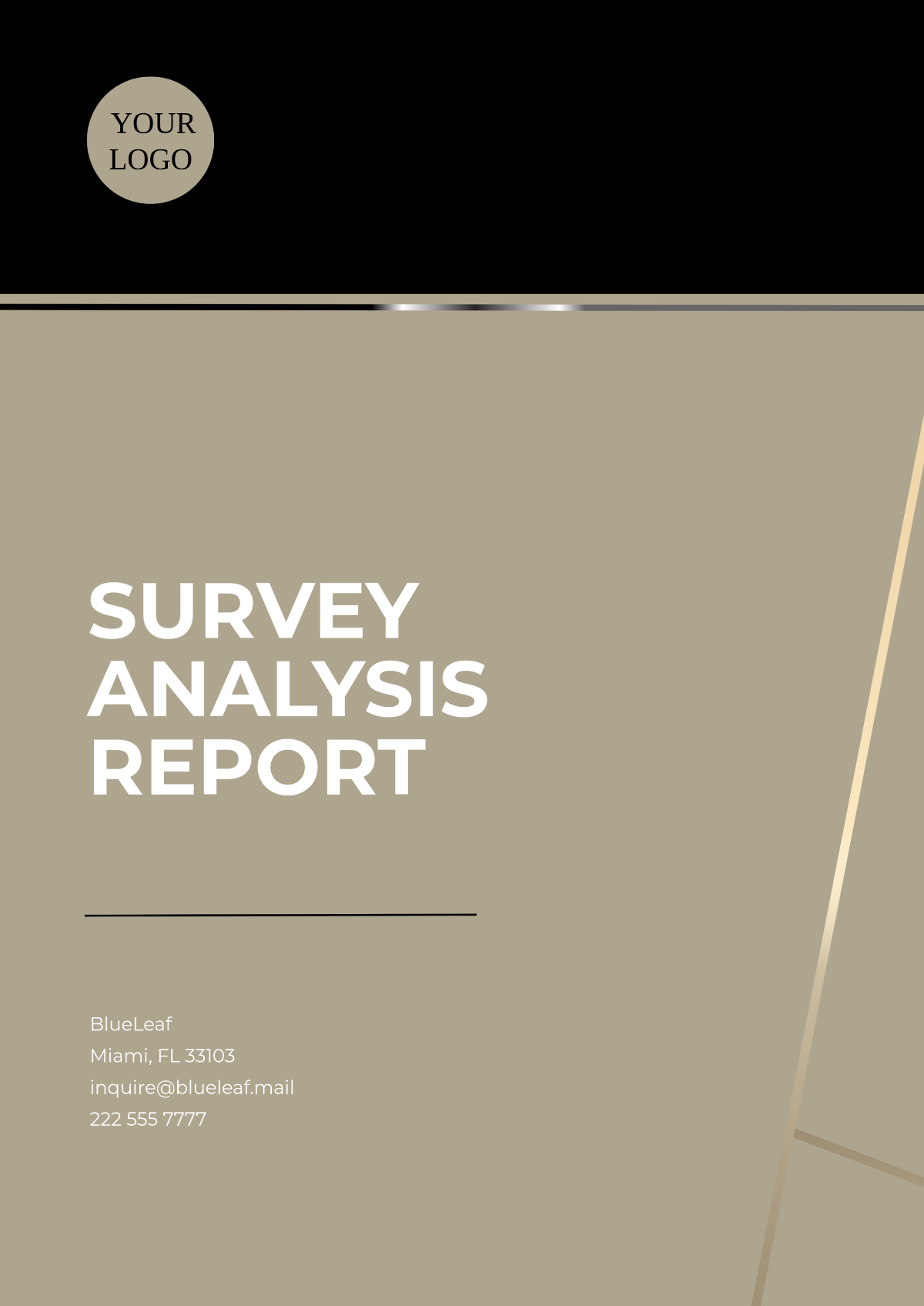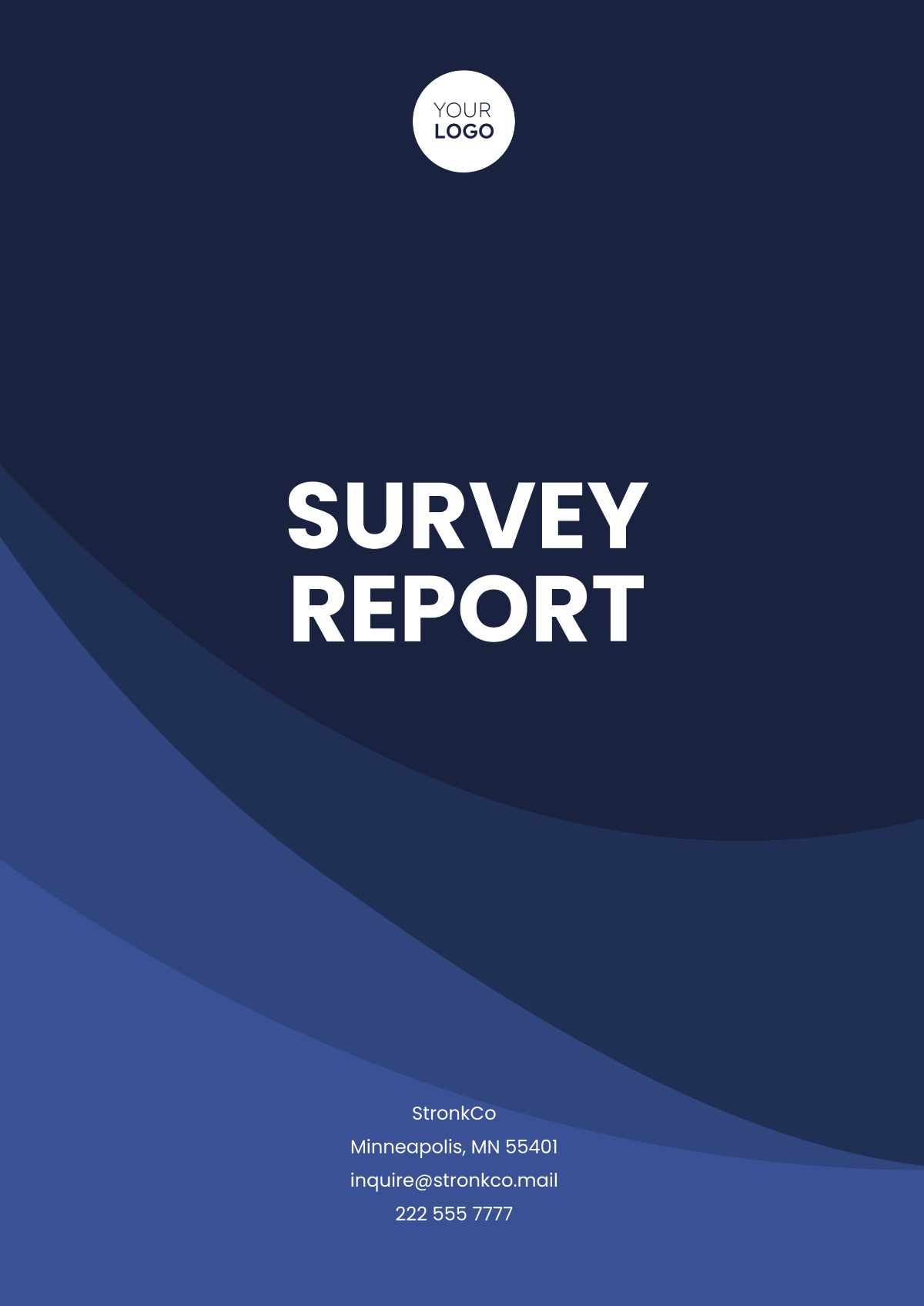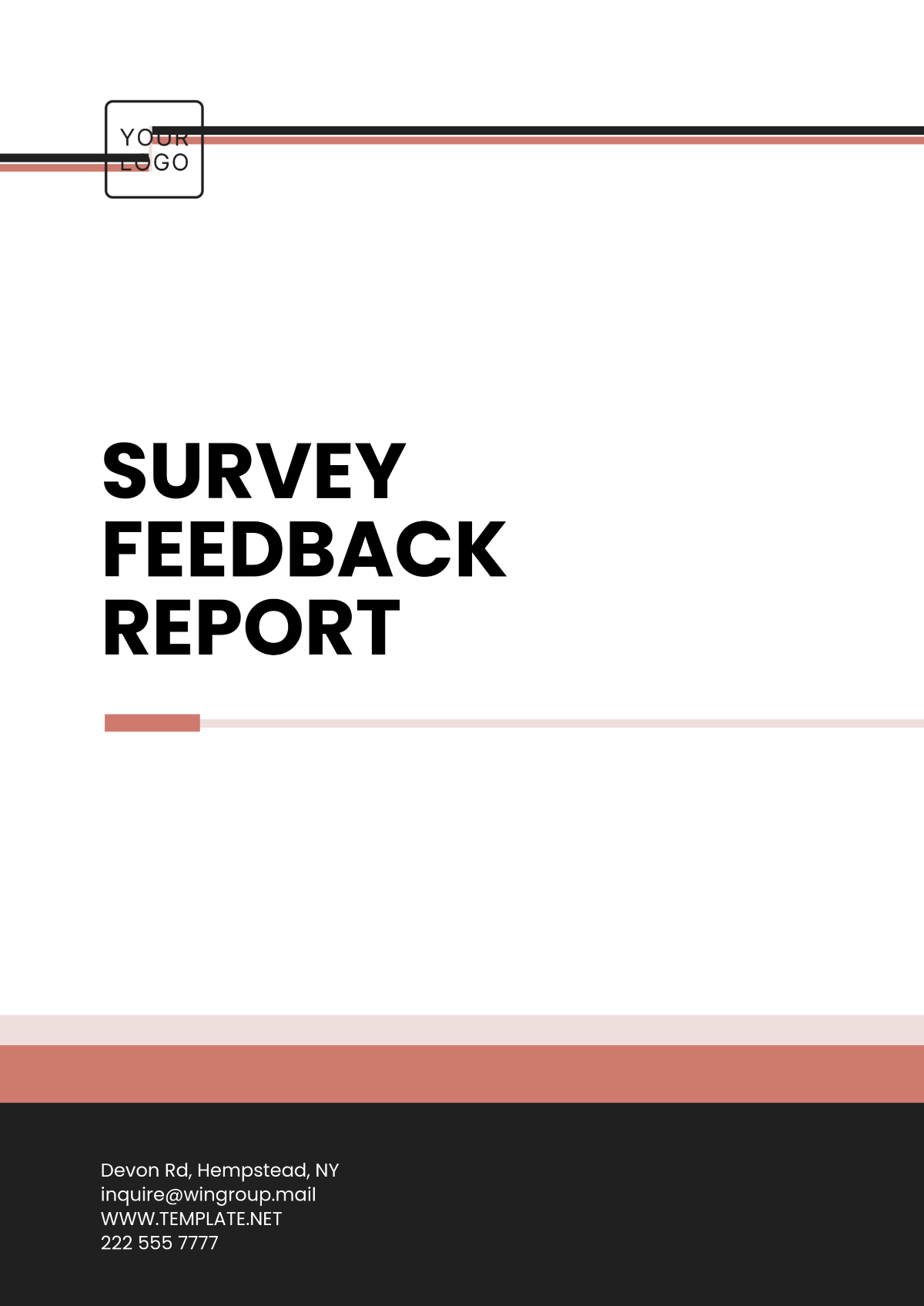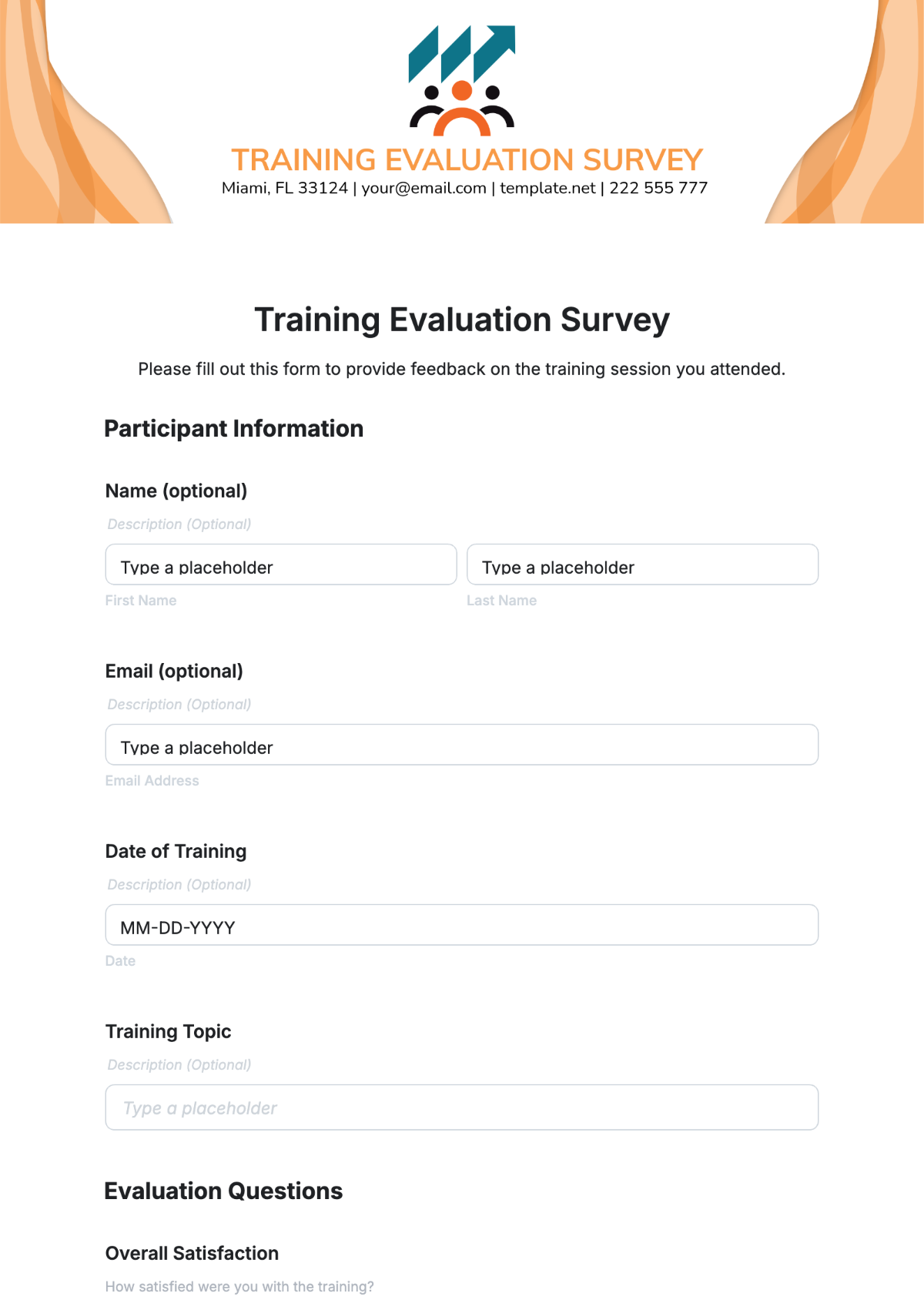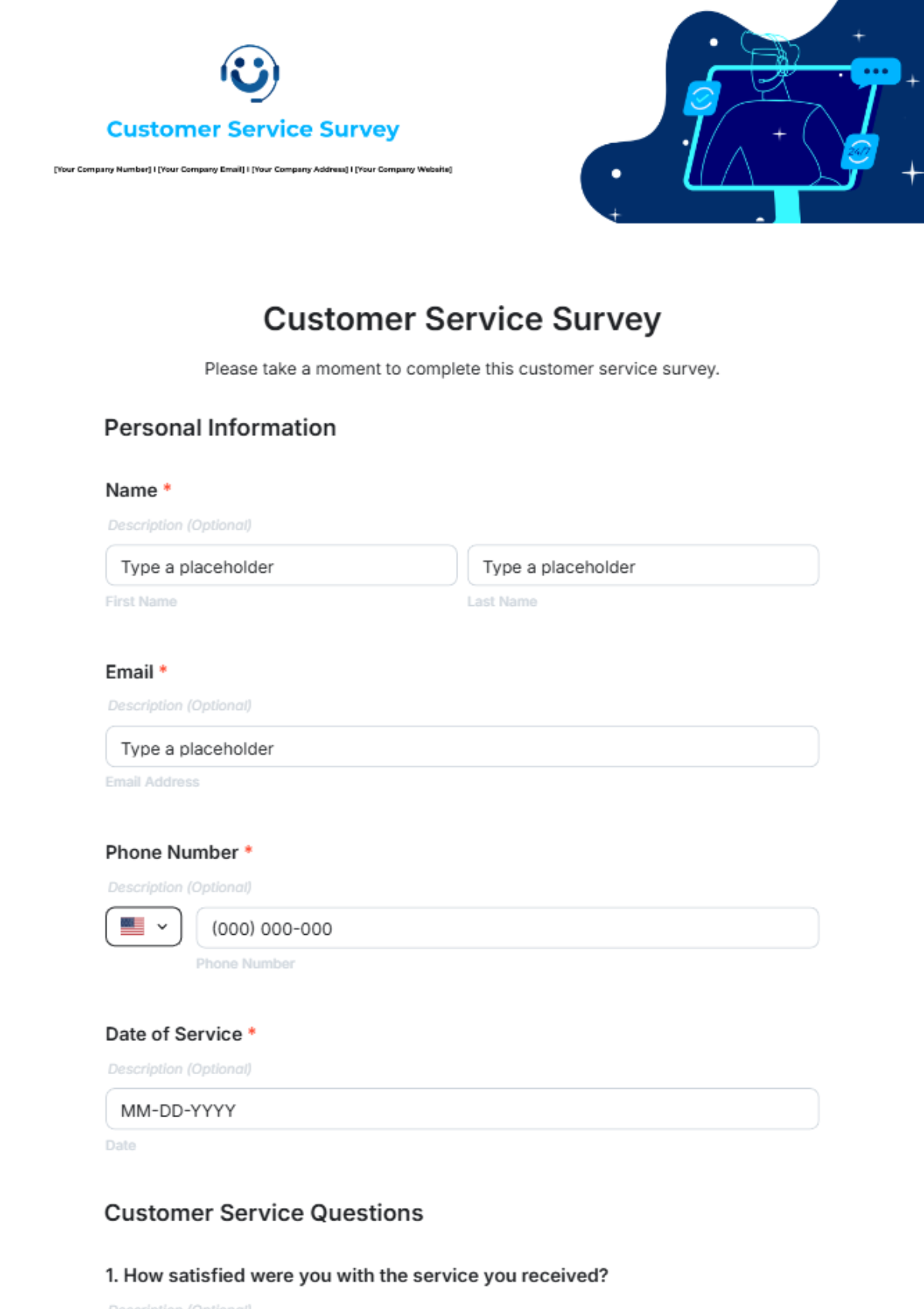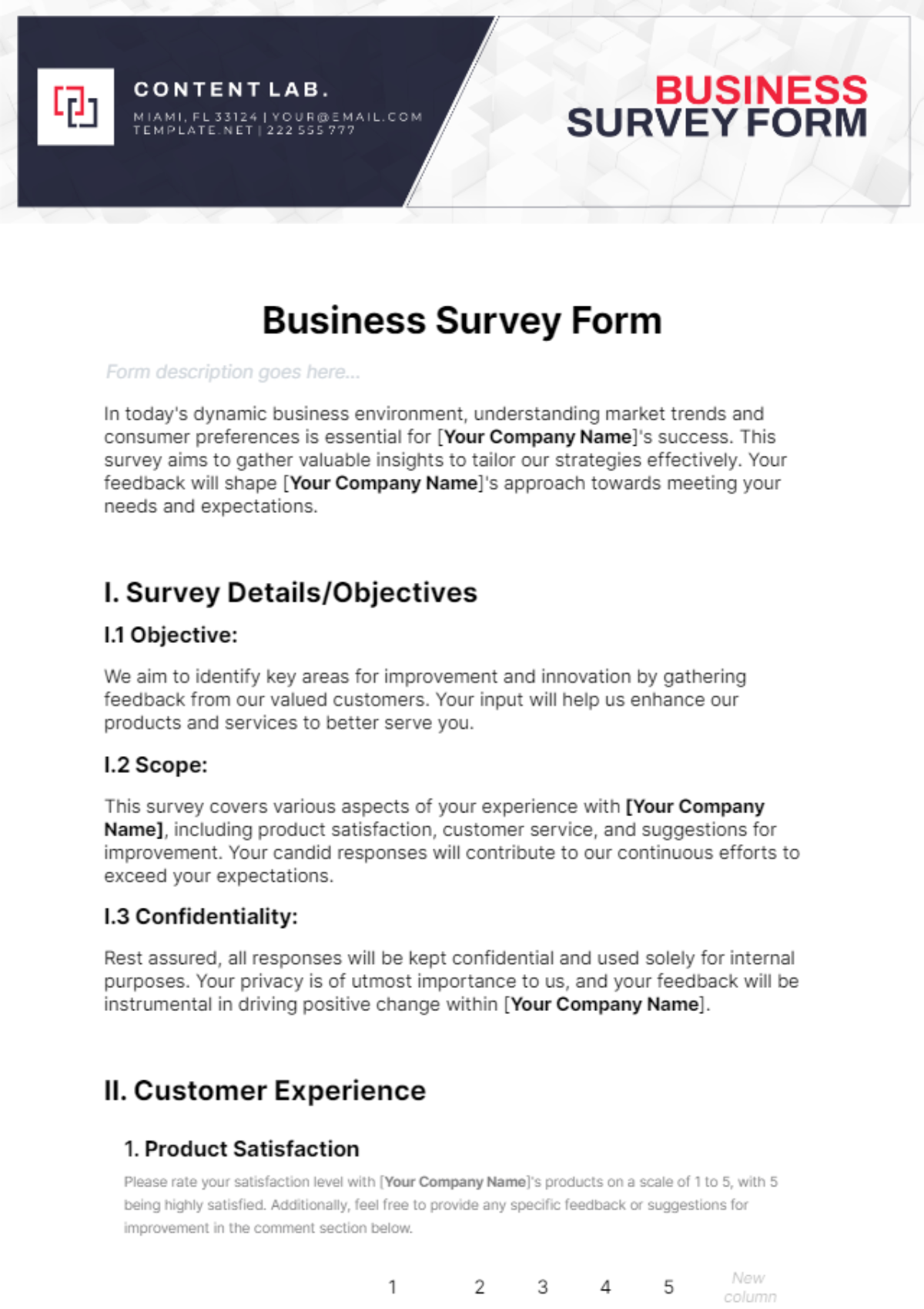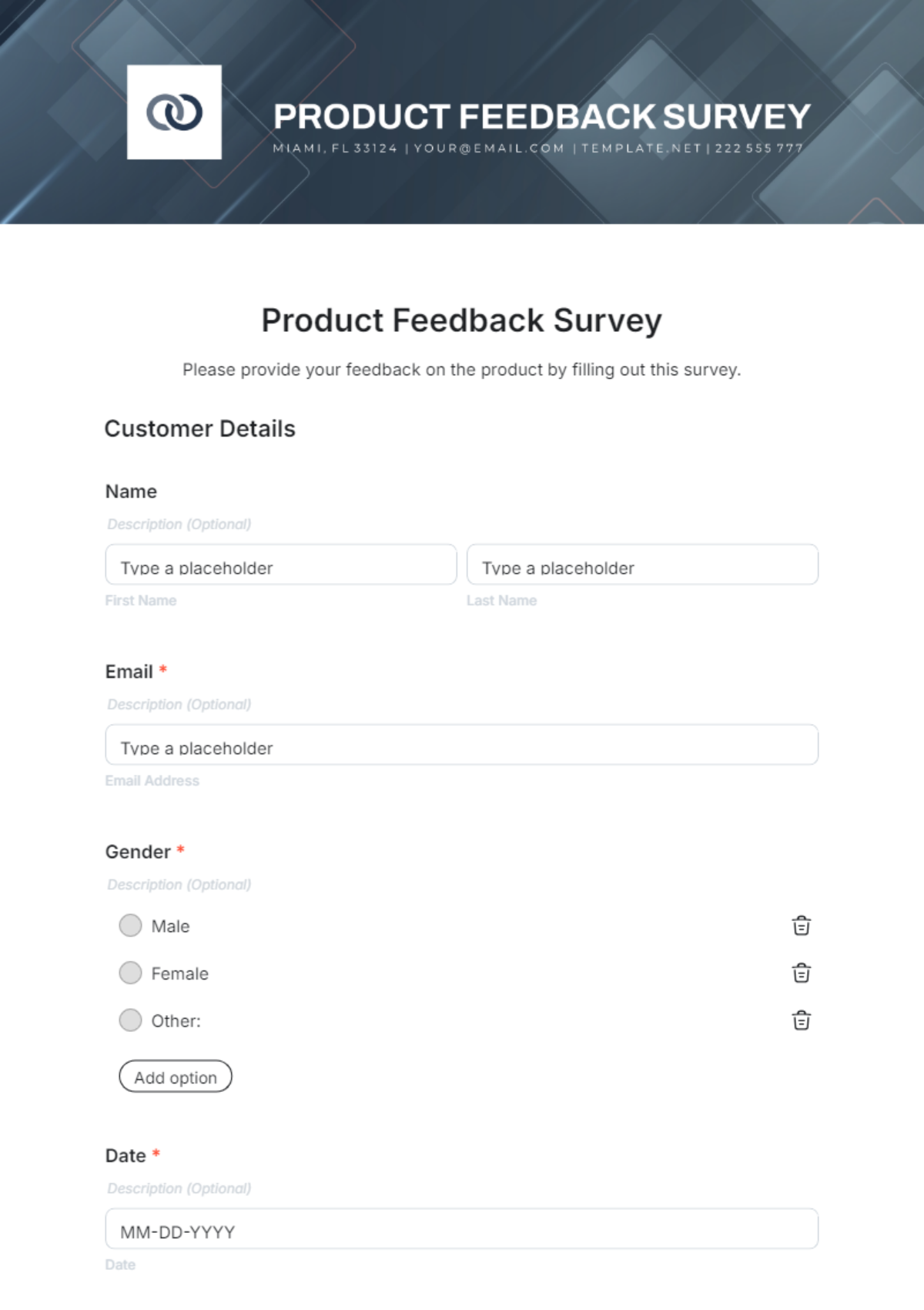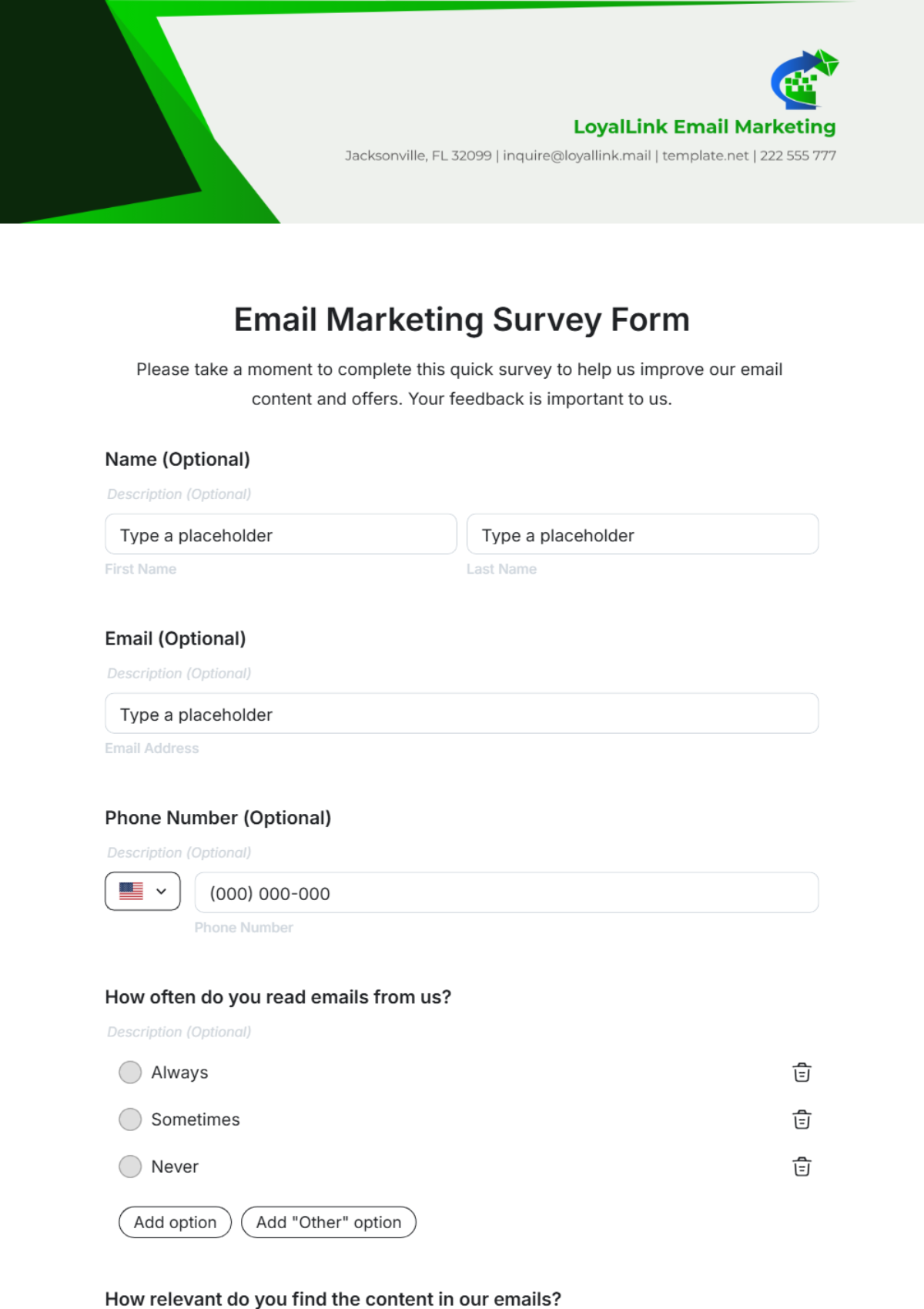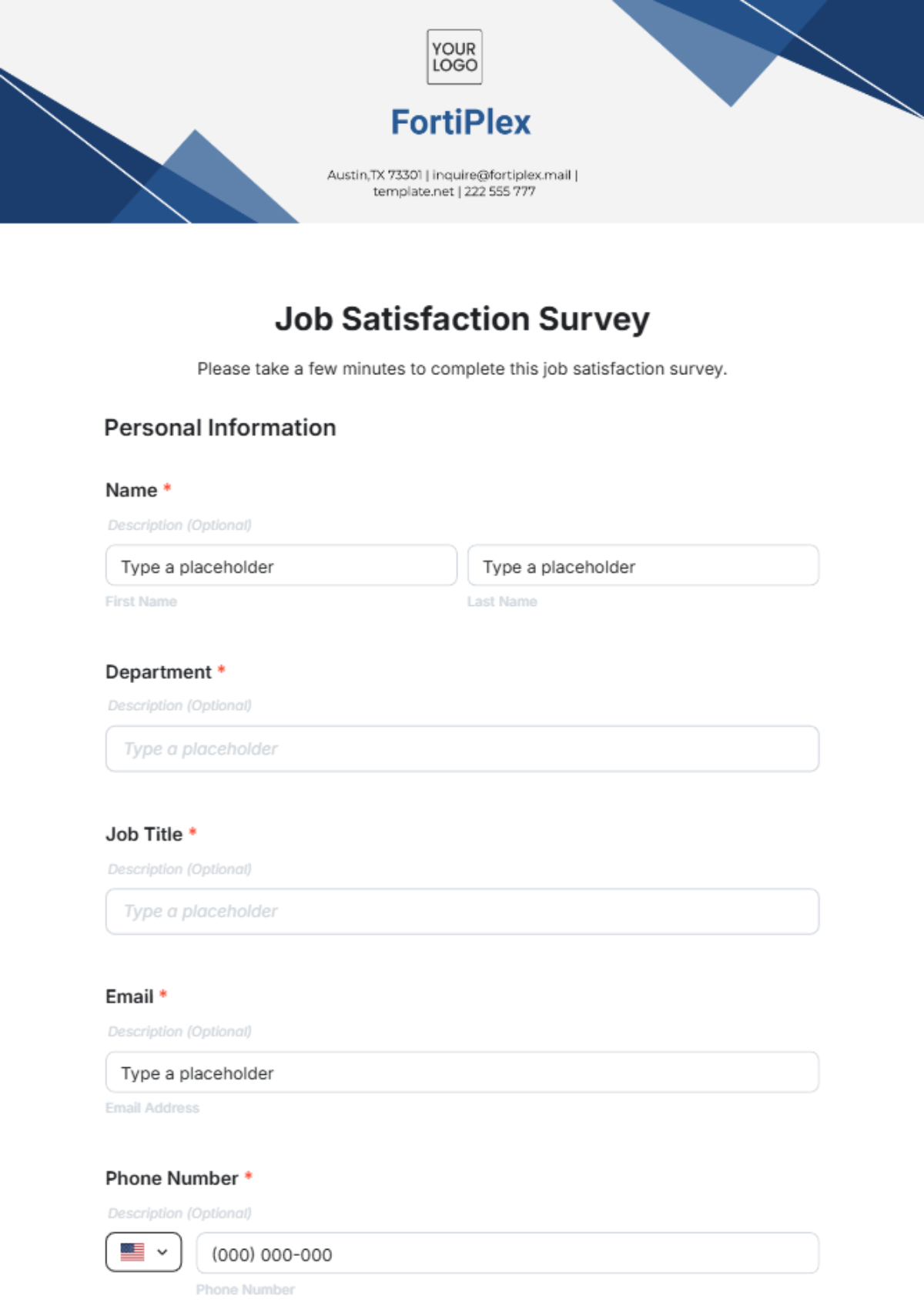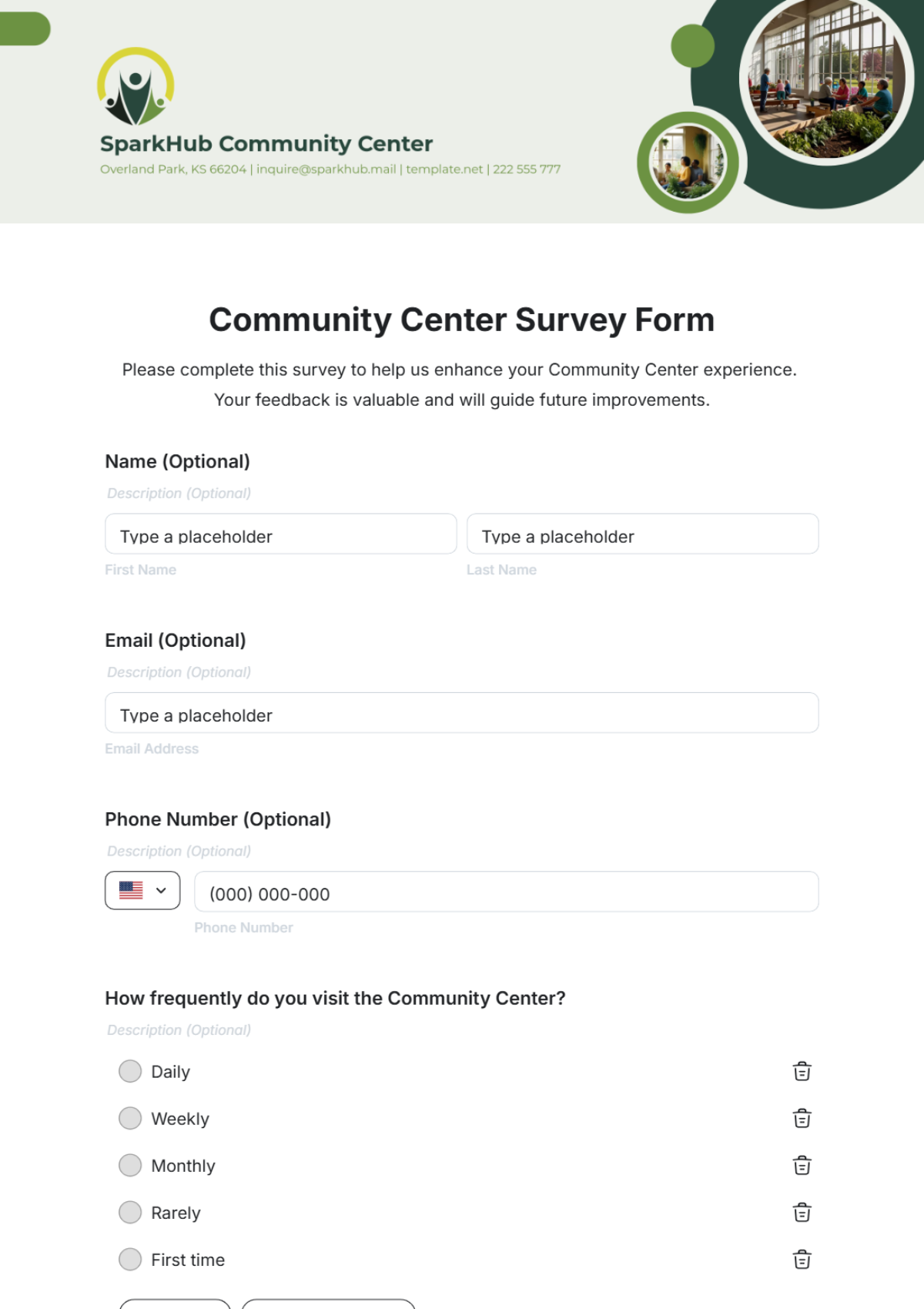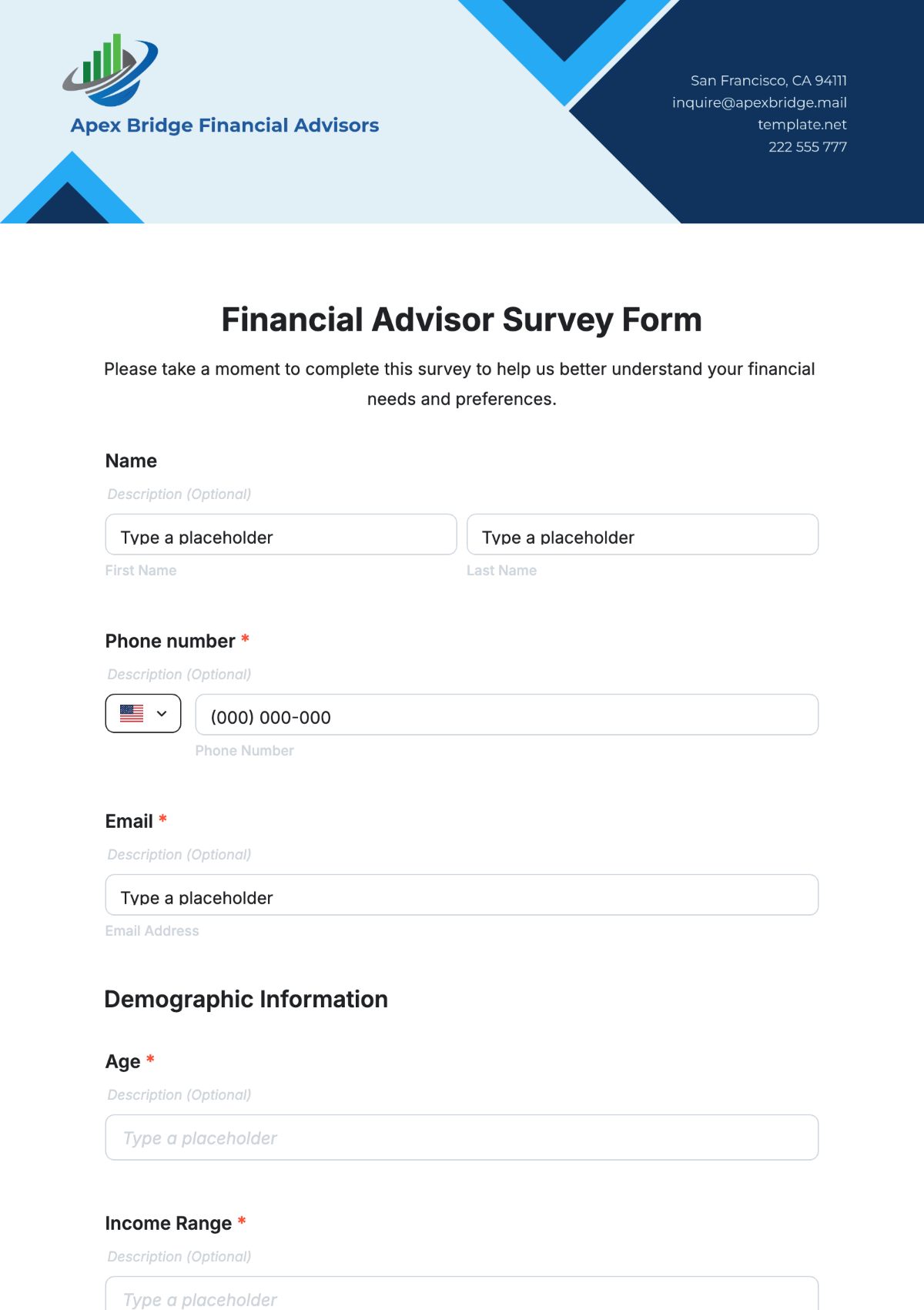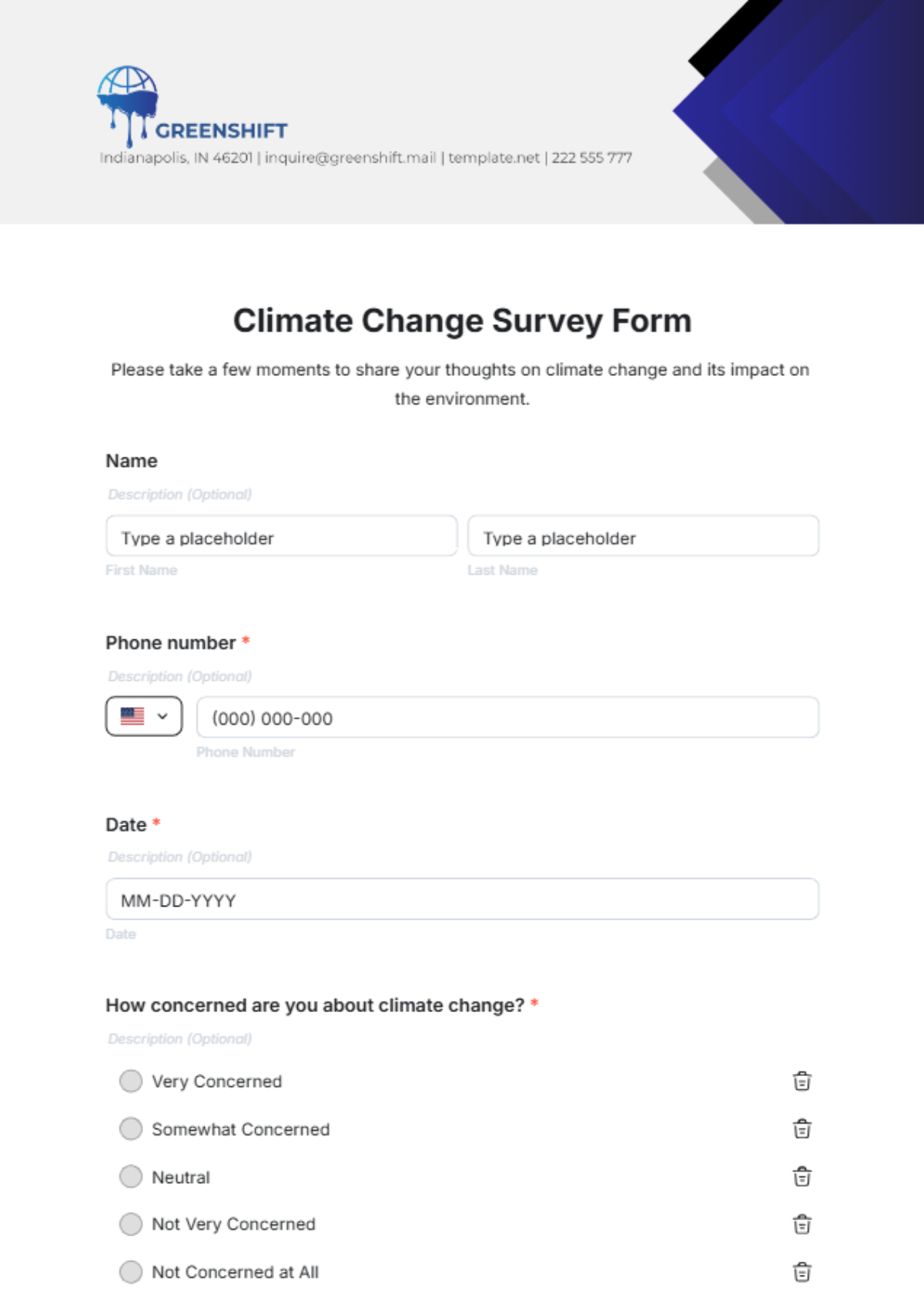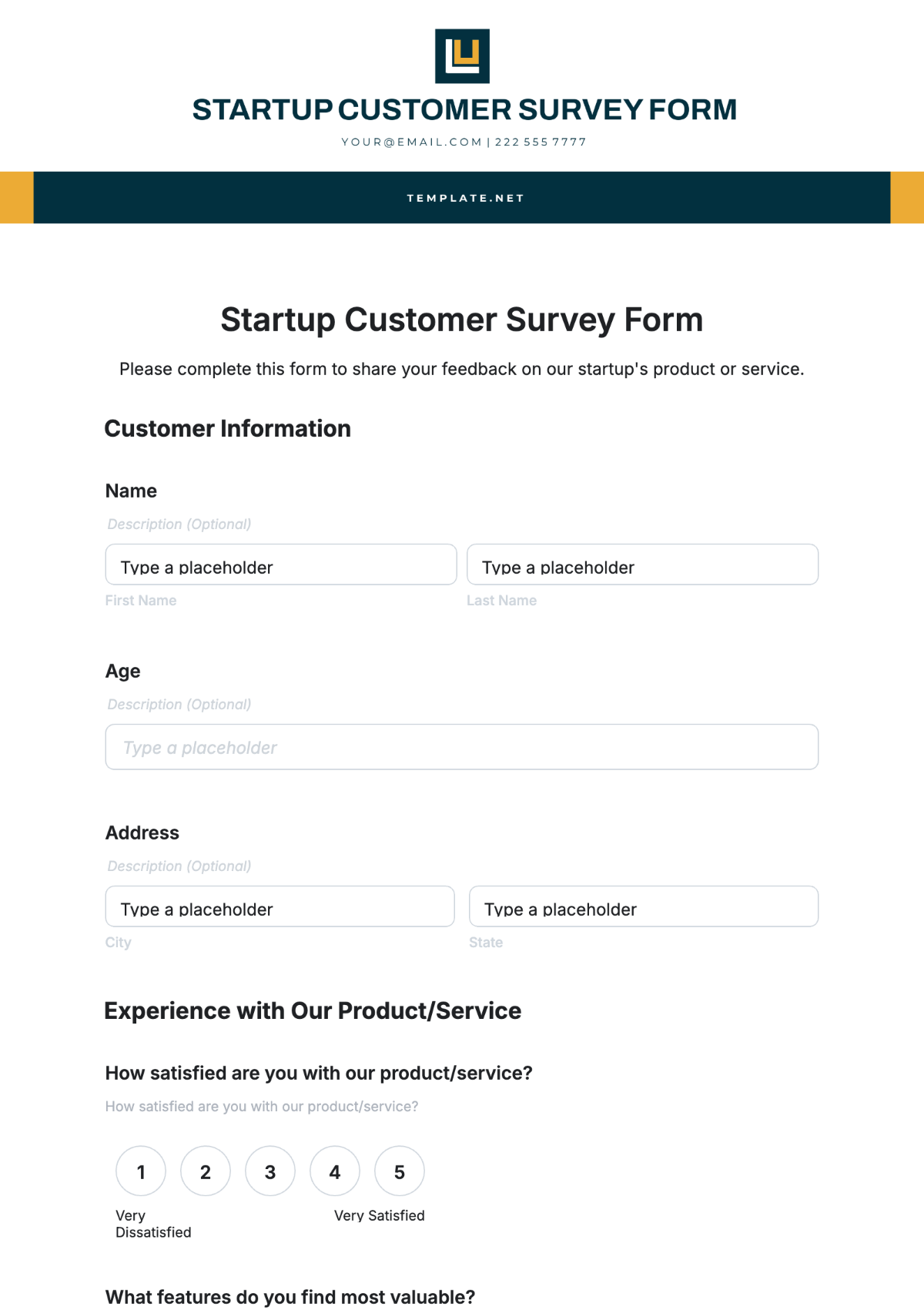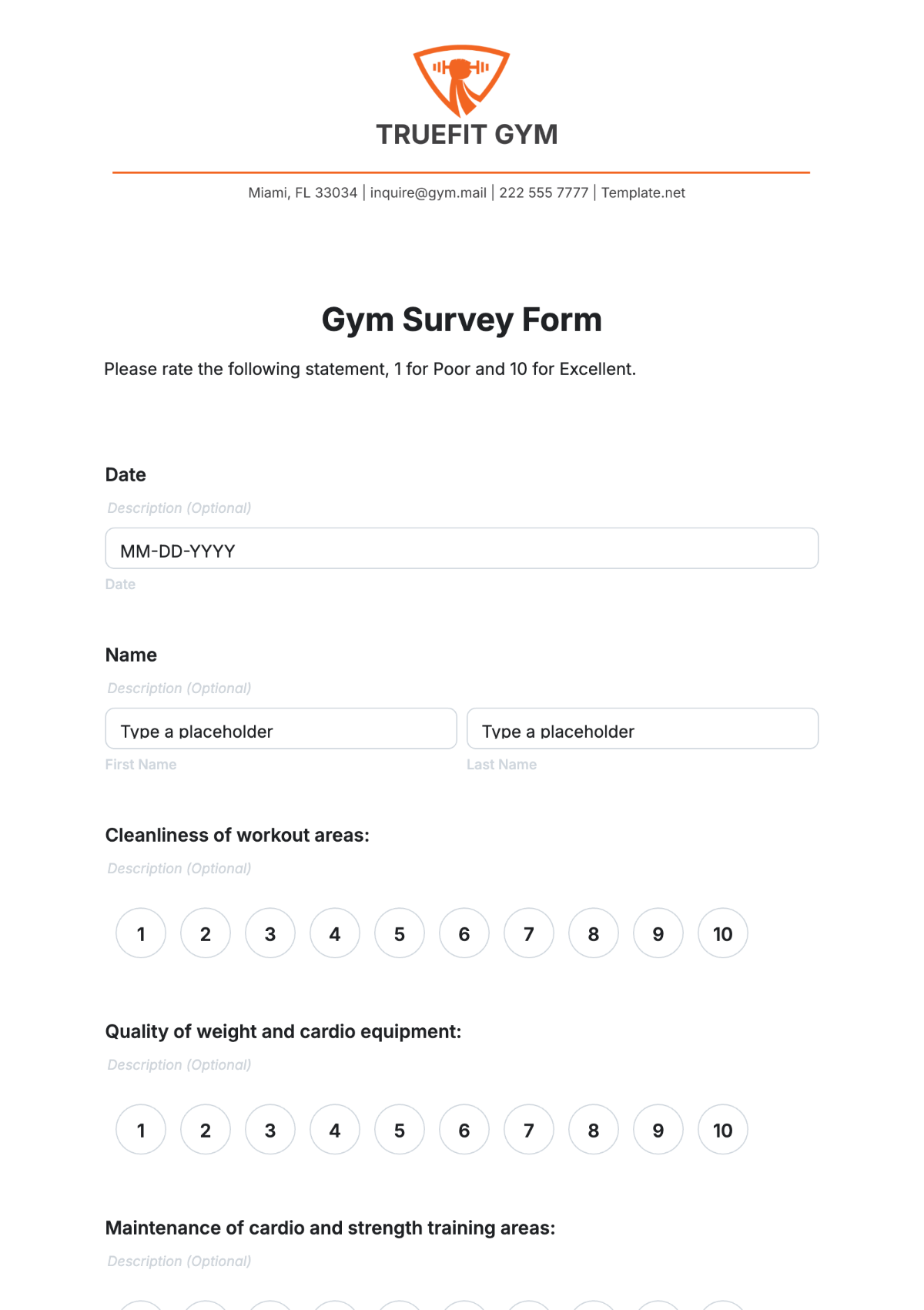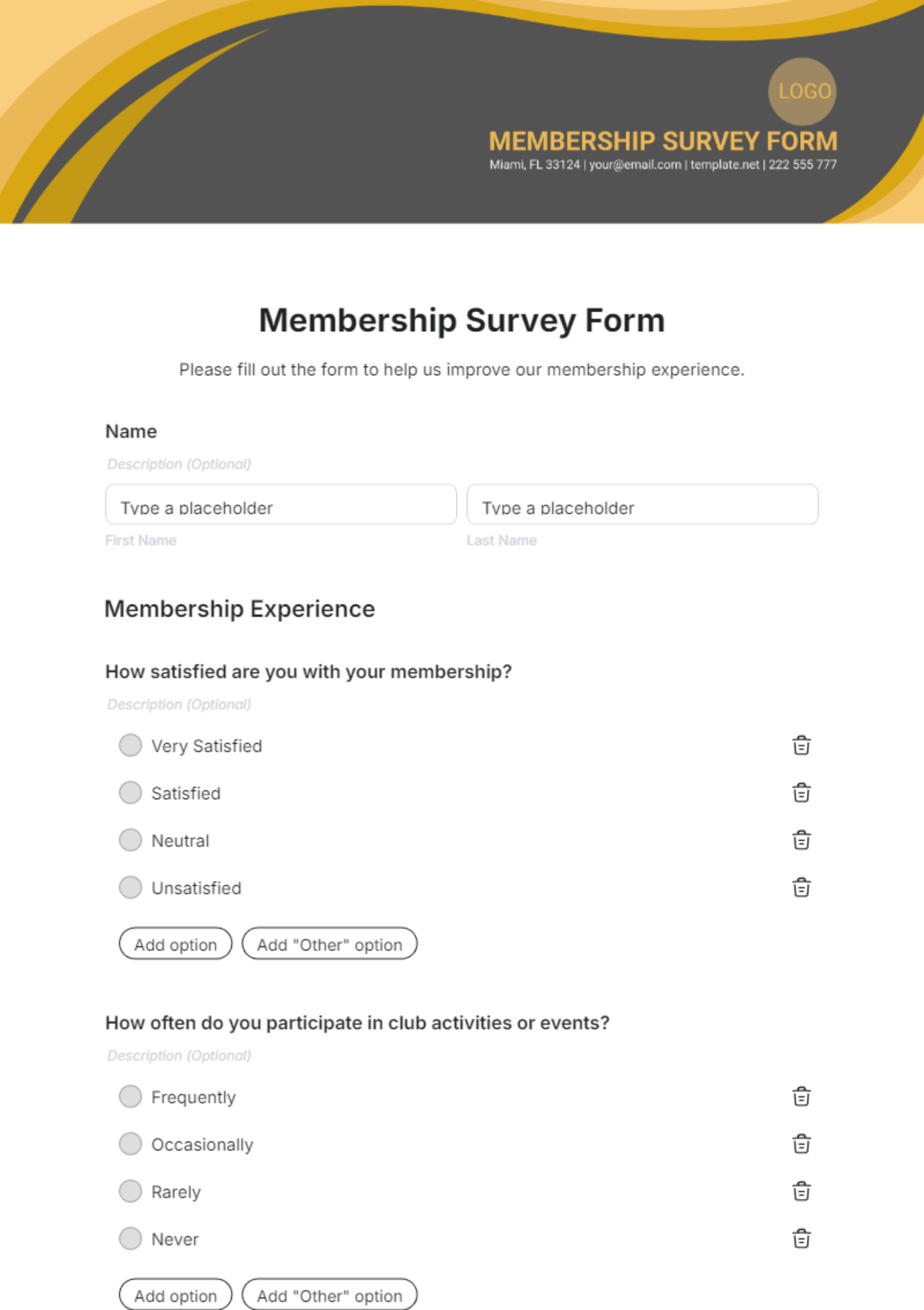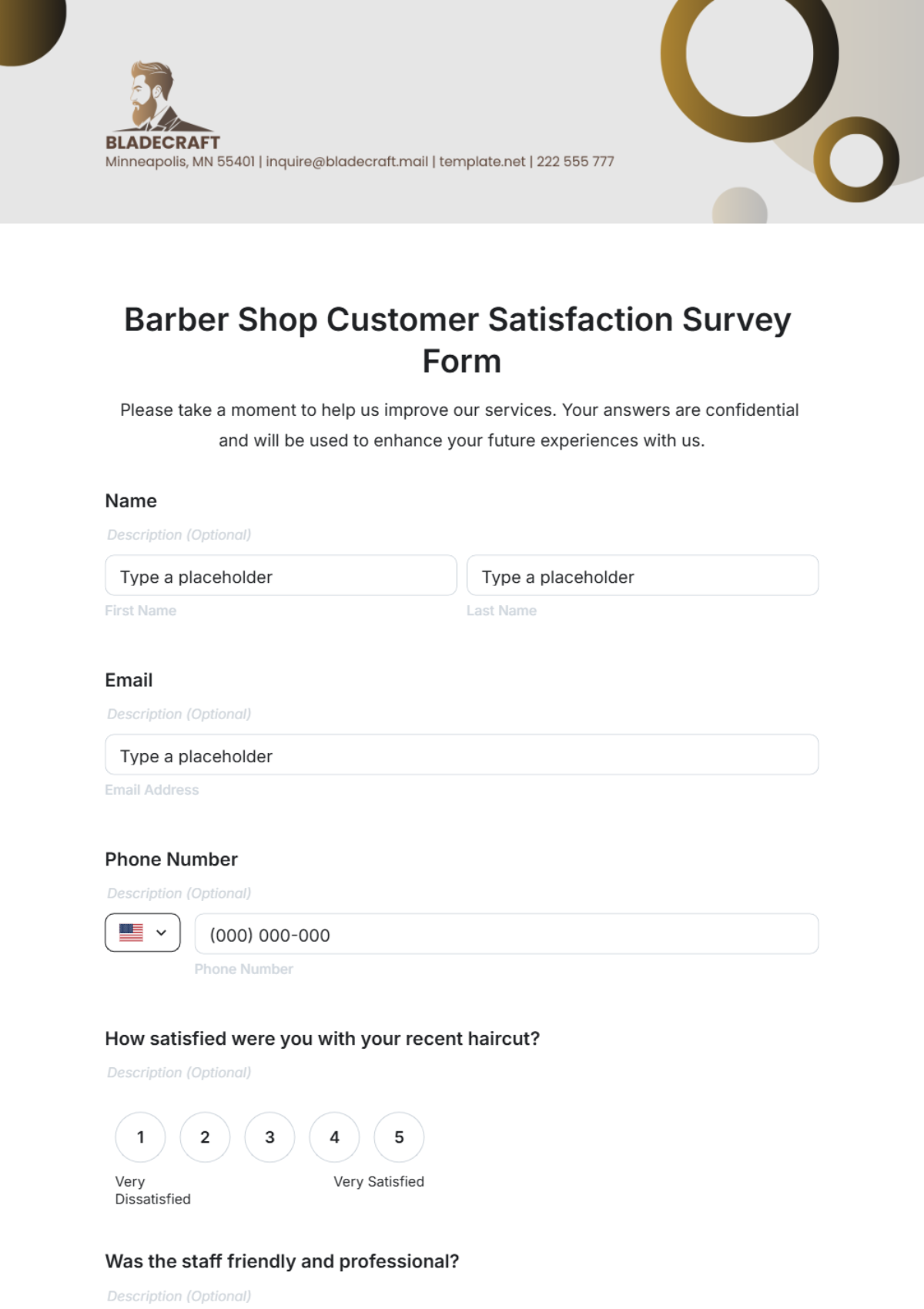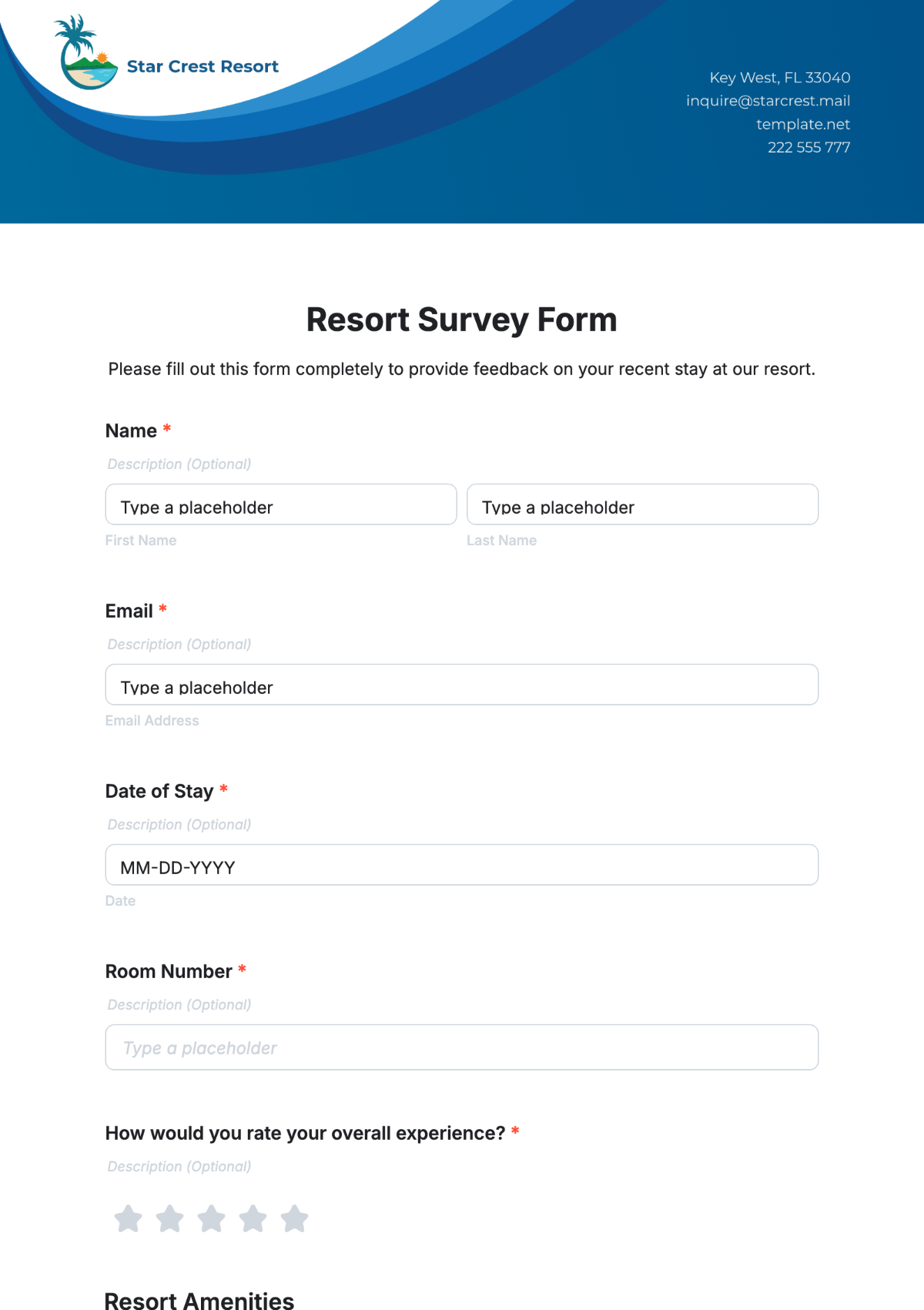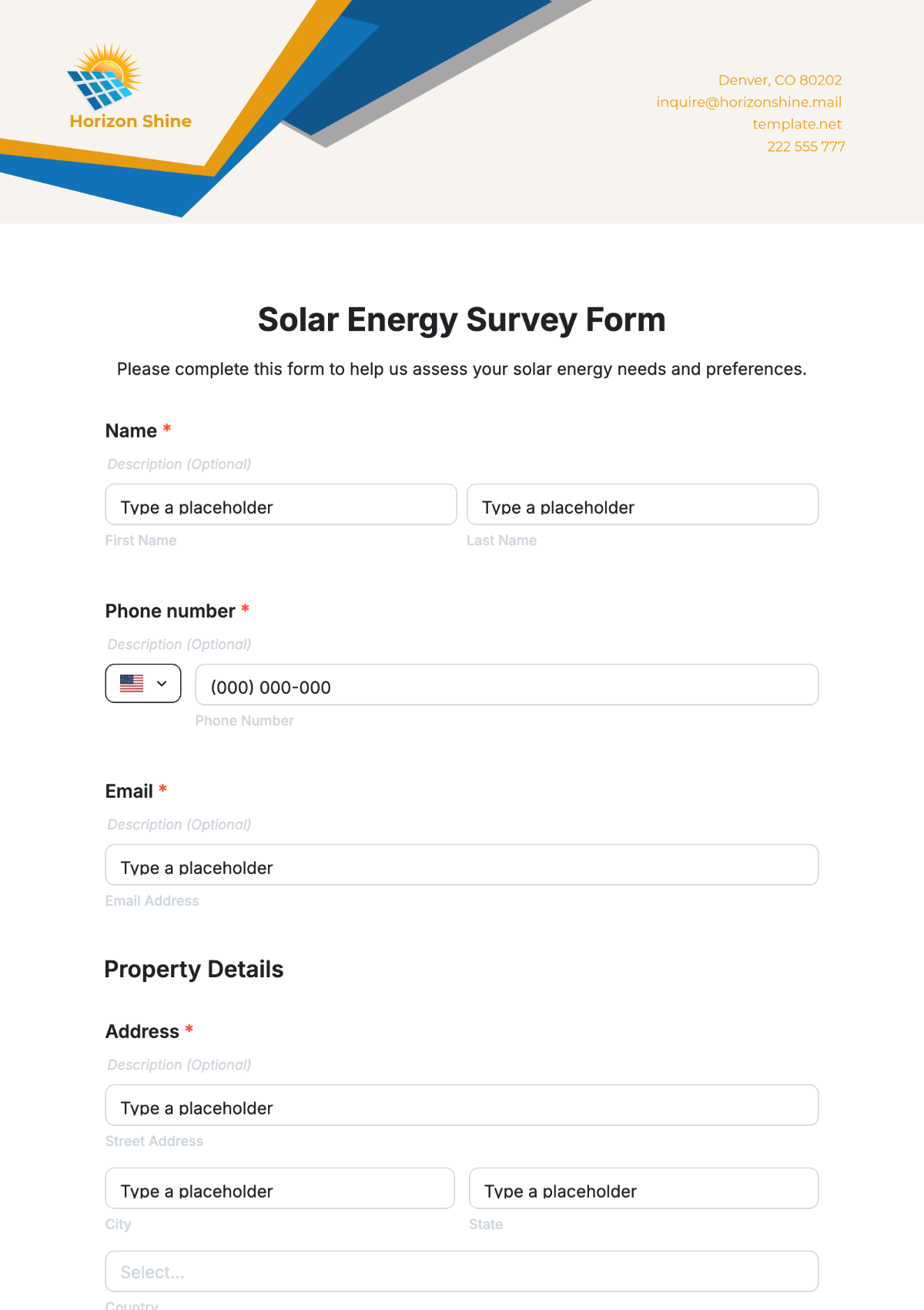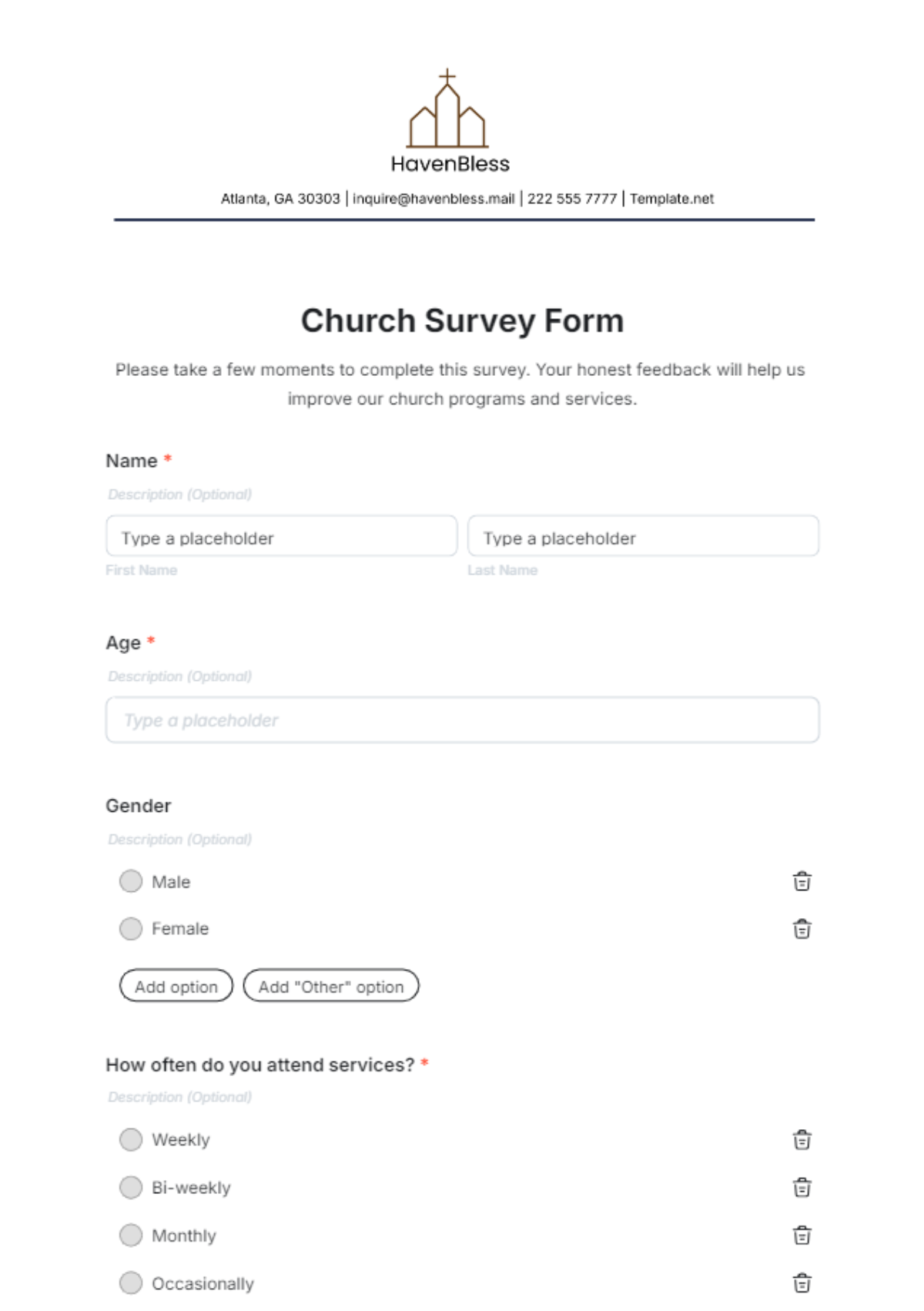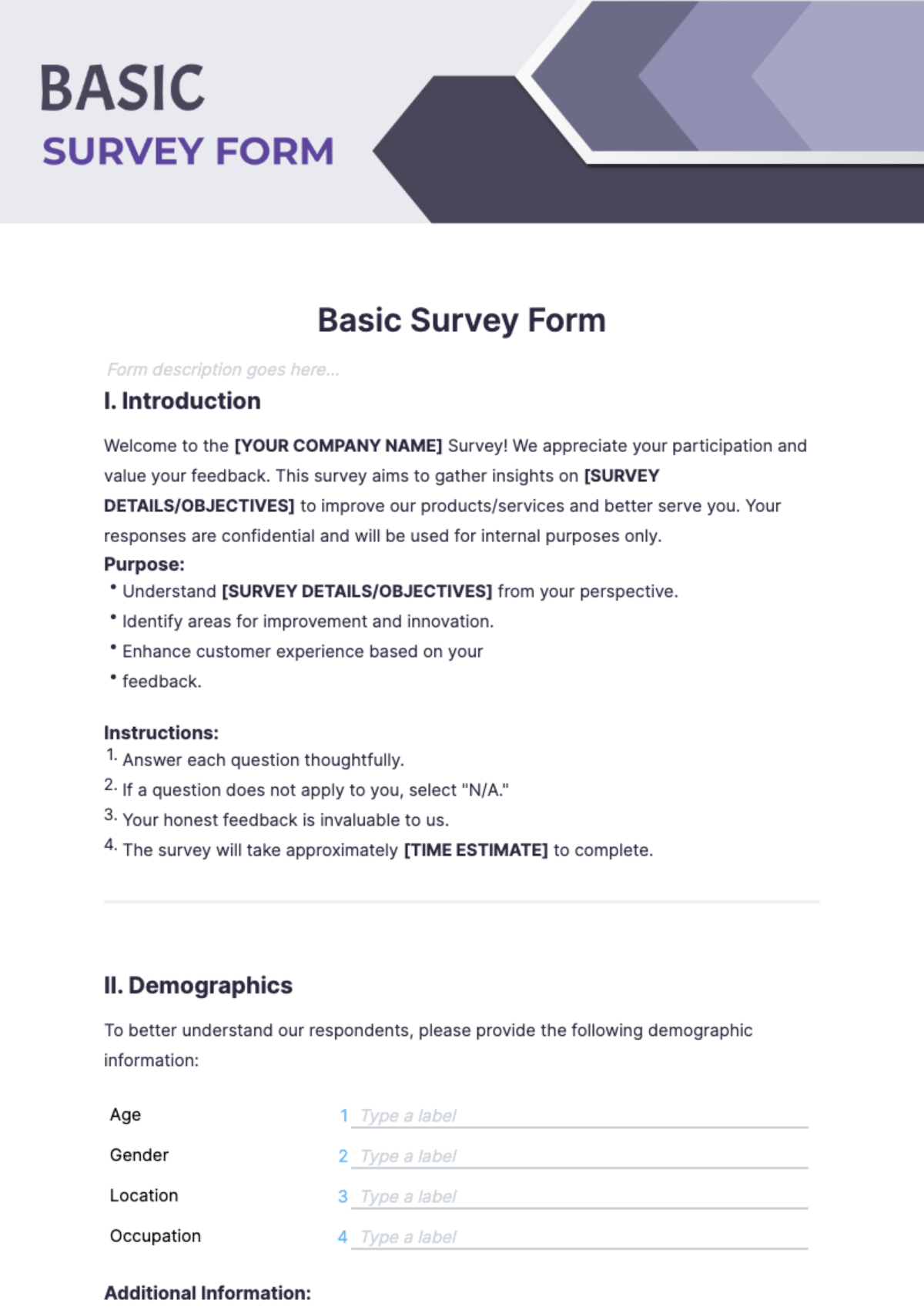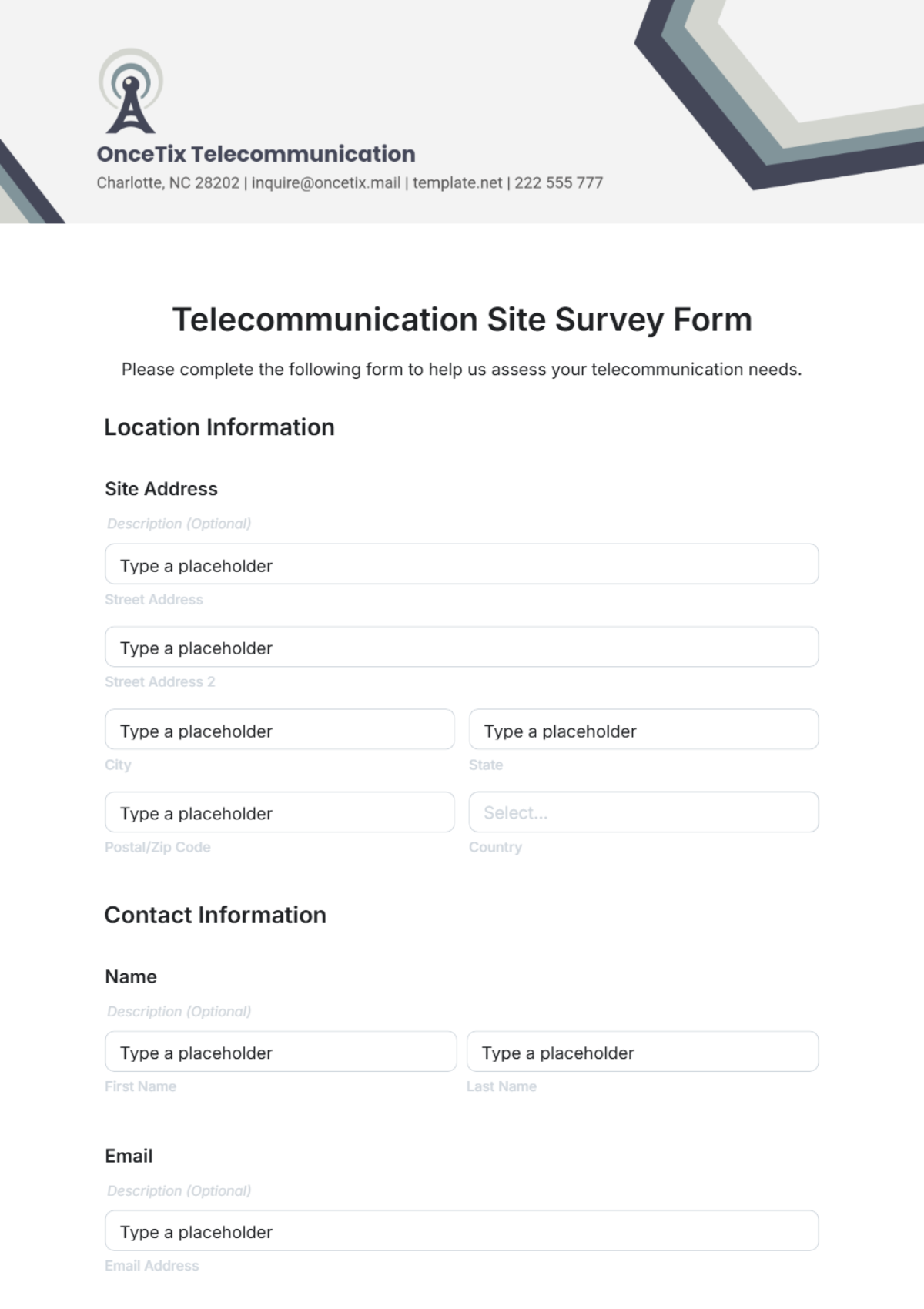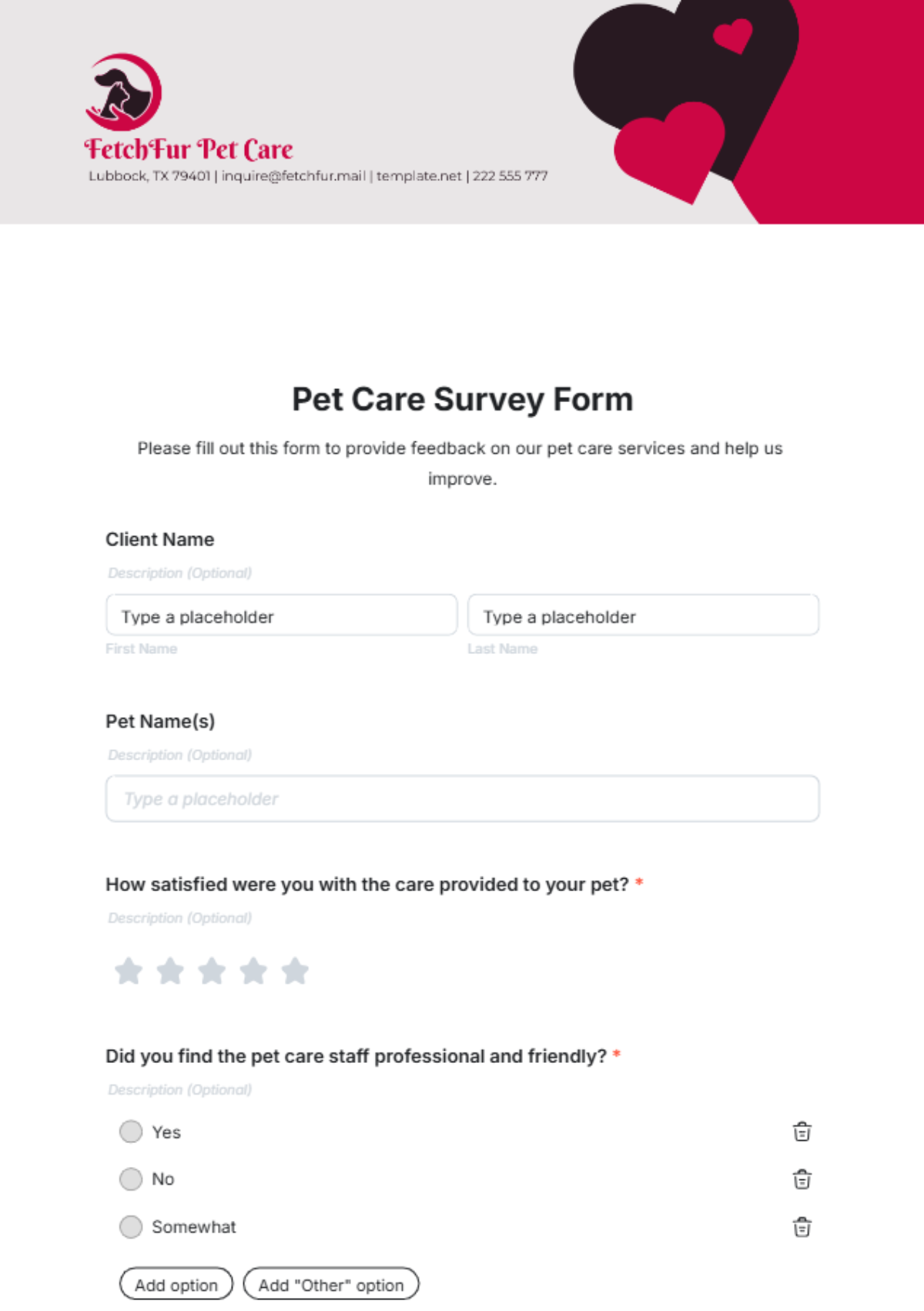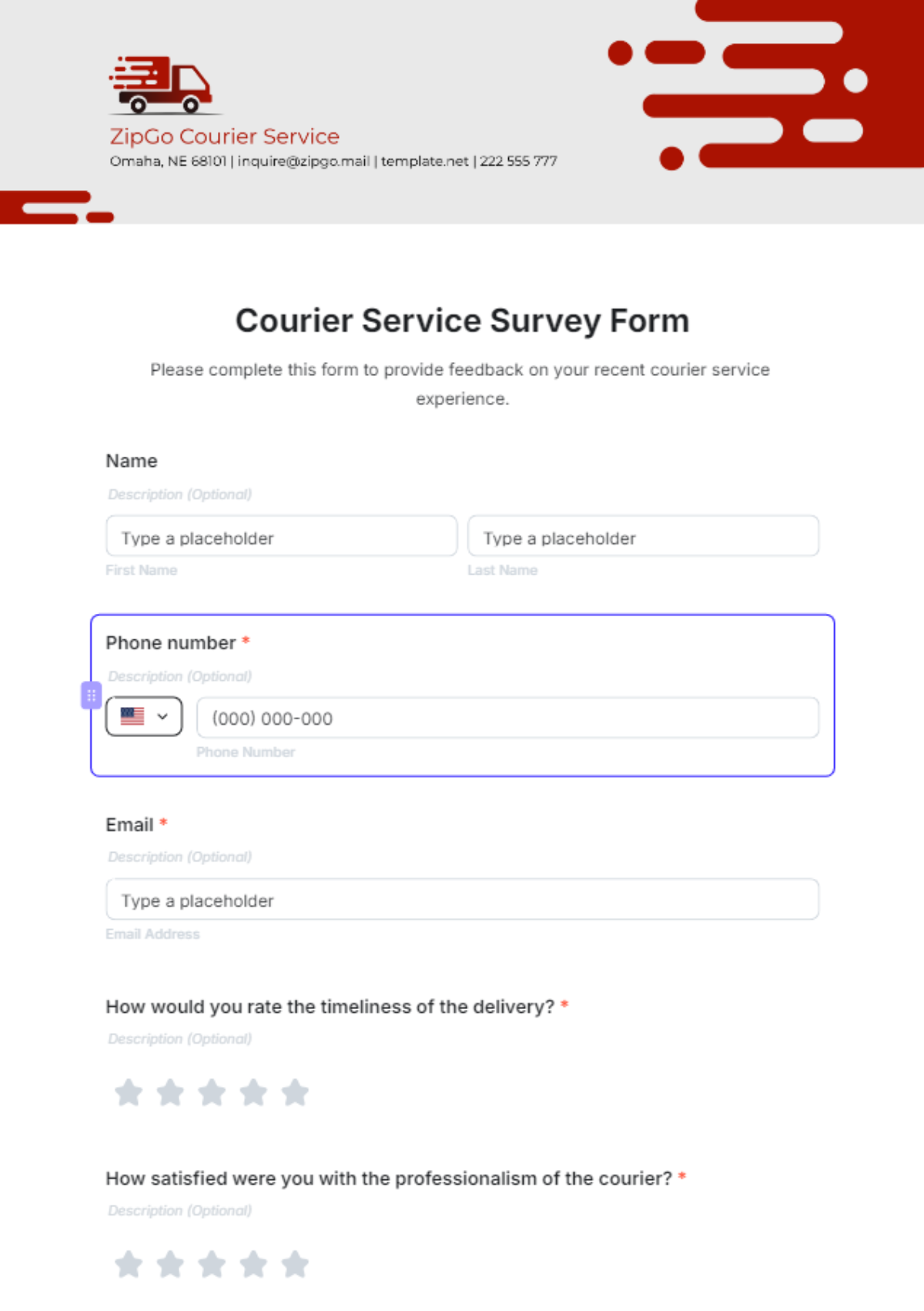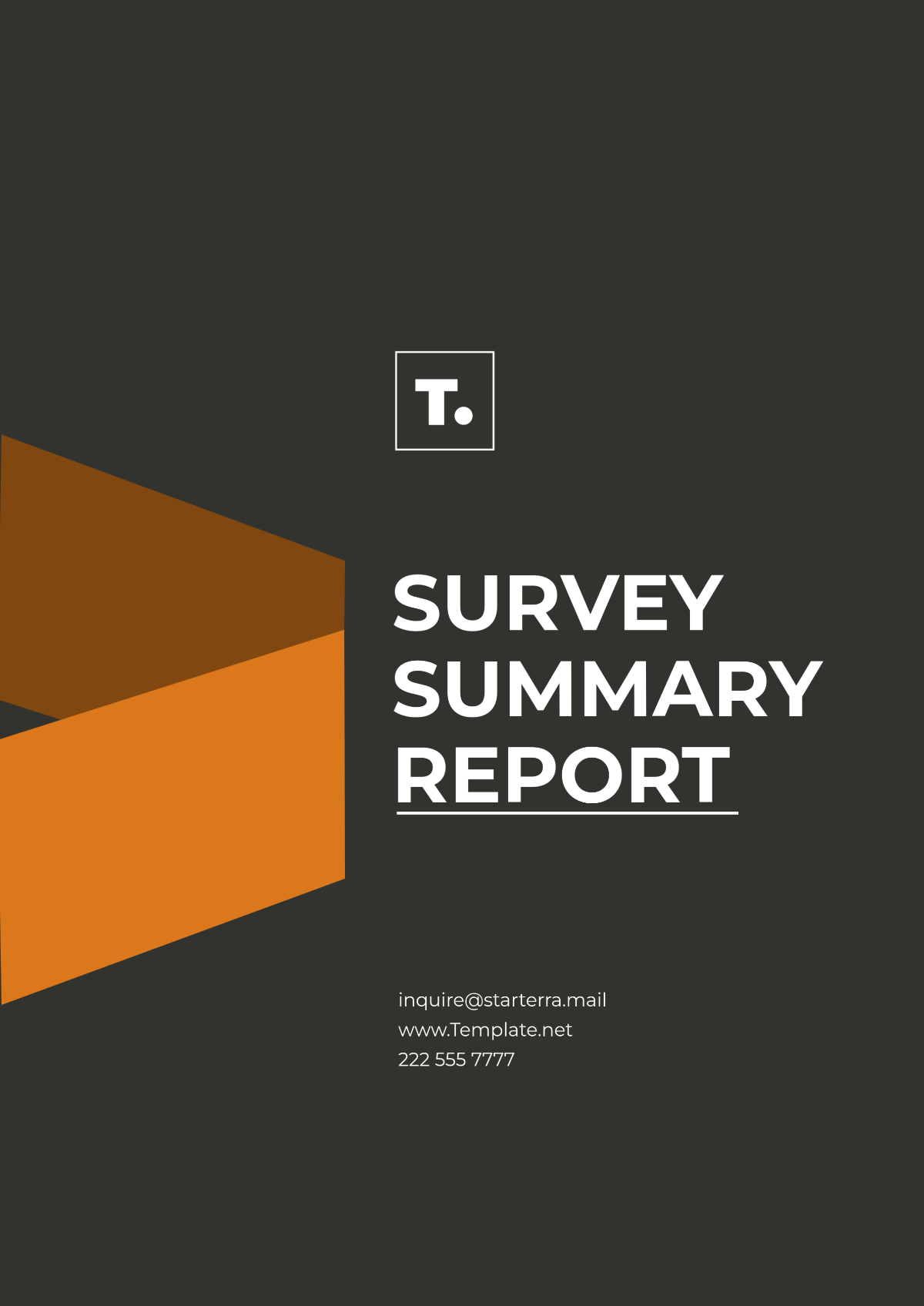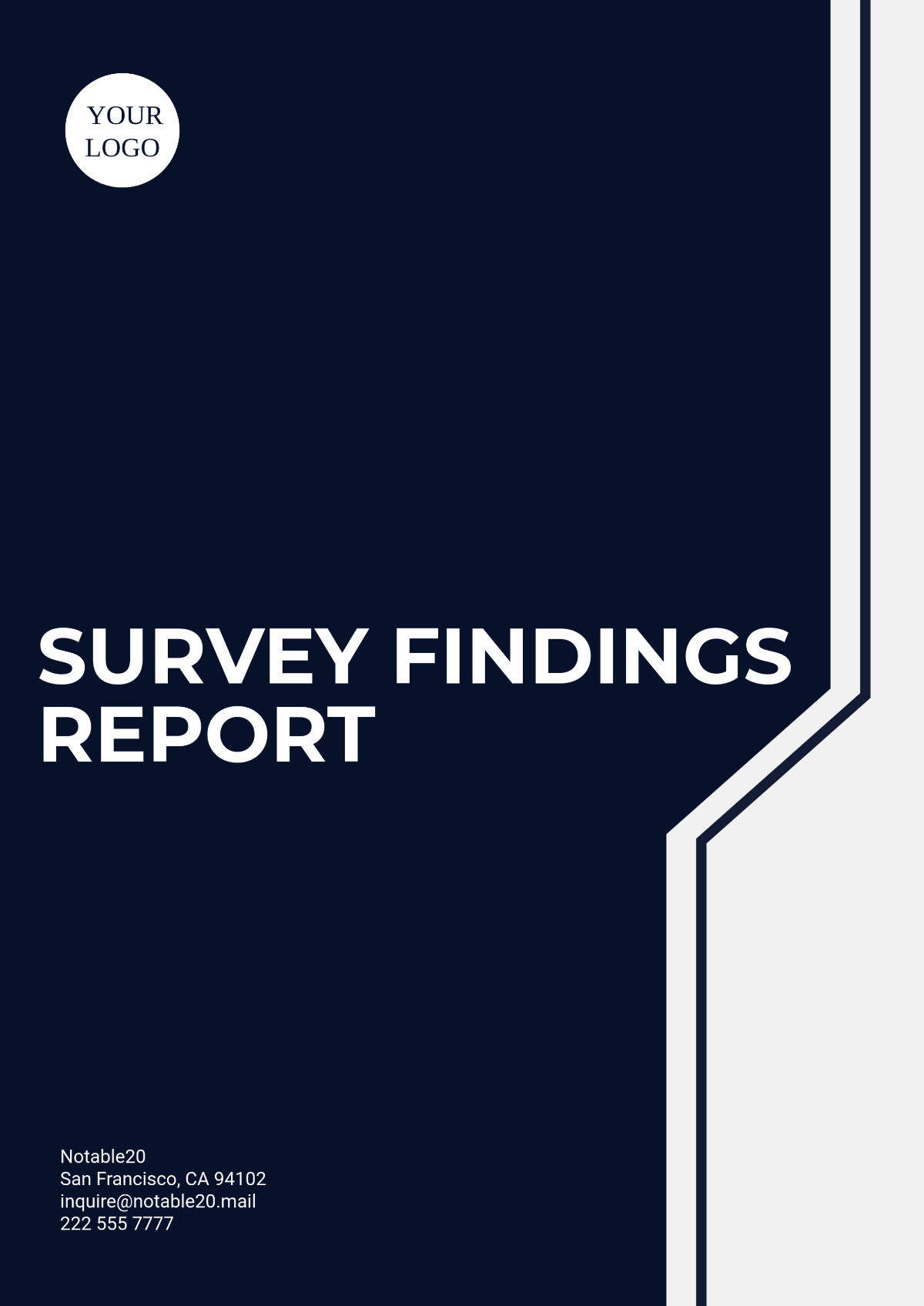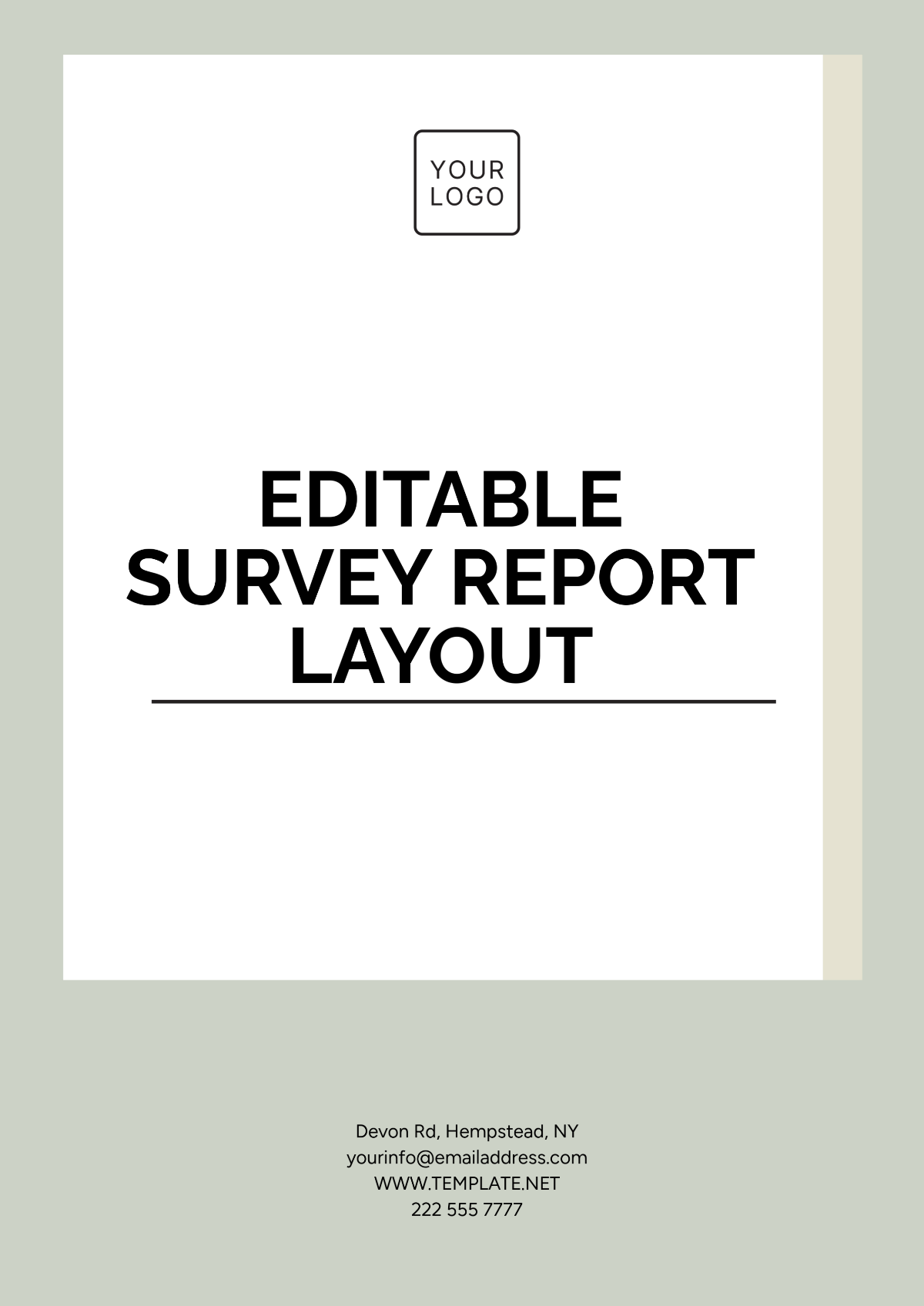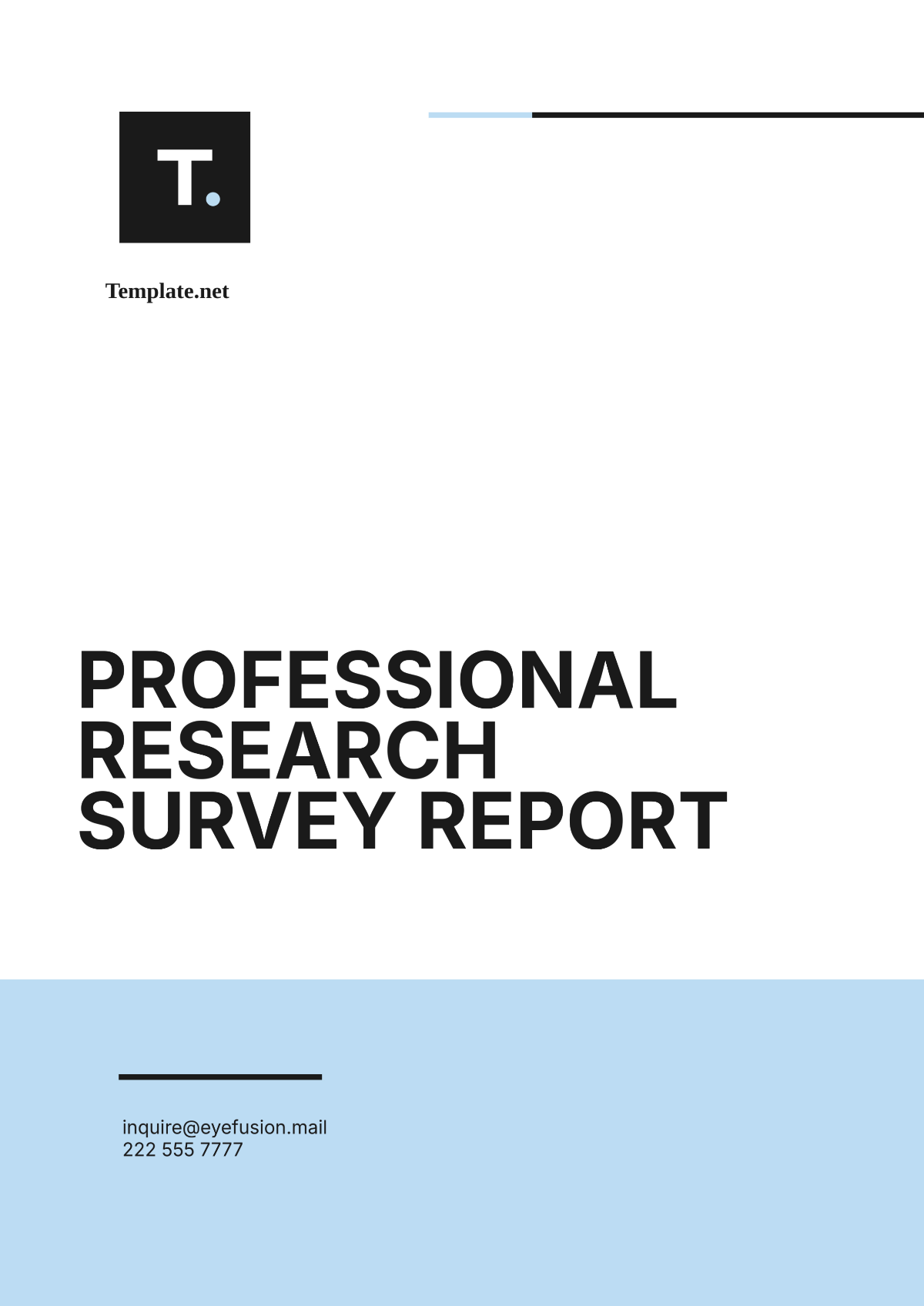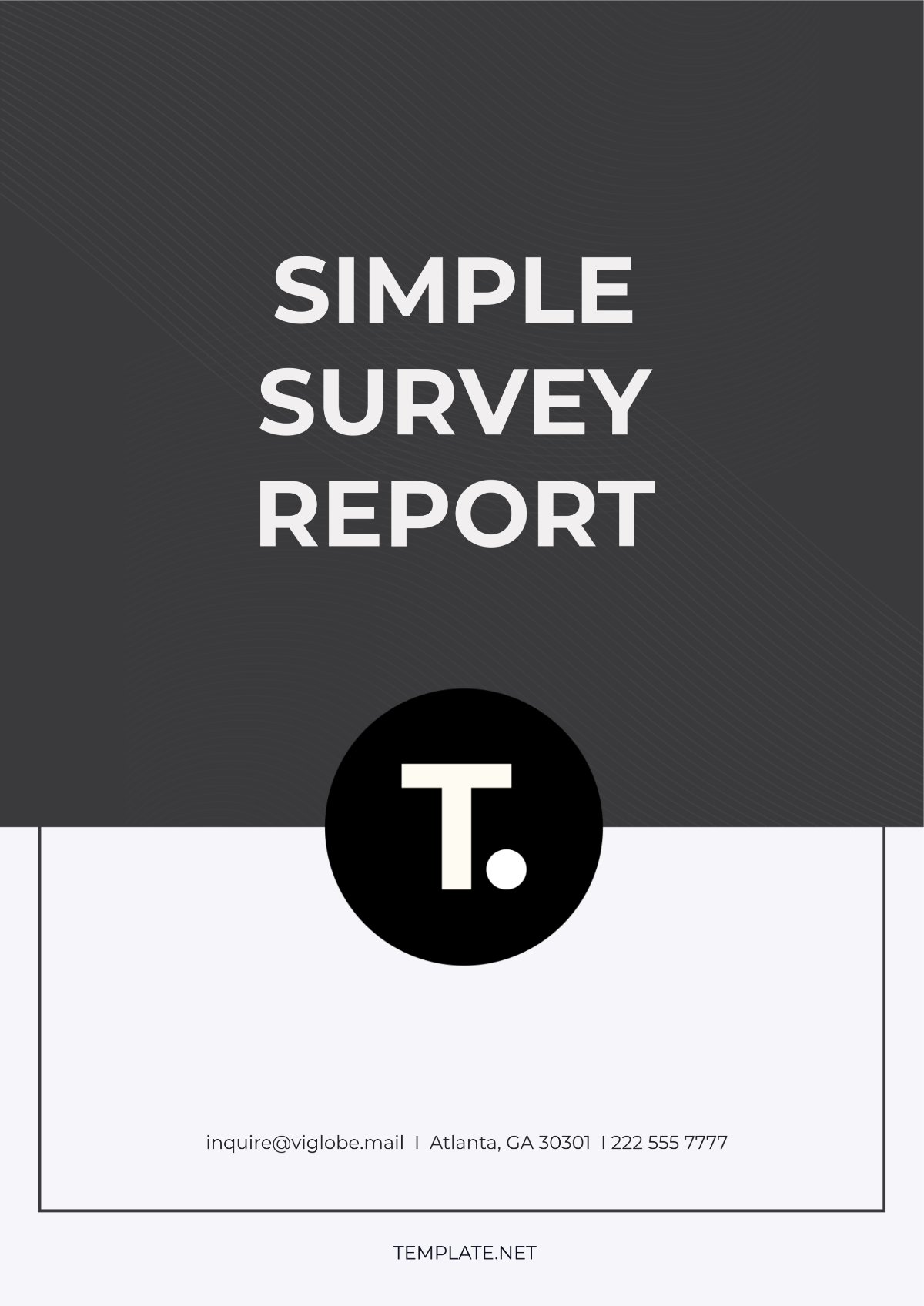Survey Study Protocol
Name: | [Your Name] |
Company: | [Your Company name] |
Department: | [Department Name] |
Date: | March 27, 2050 |
_____________________________________________________________________________________
I. Introduction
The purpose of this survey study is to investigate consumer preferences in the beverage industry, focusing on various factors such as taste, packaging, brand loyalty, and health considerations. The findings of this research will provide valuable insights for beverage companies to better understand consumer needs and preferences, thereby informing product development and marketing strategies.
II. Research Objectives
To identify the most preferred types of beverages among consumers.
To assess the factors influencing beverage purchase decisions, including taste, price, brand, and health considerations.
To explore consumer attitudes towards packaging preferences, such as bottle design, labeling, and sustainability.
To understand the level of brand loyalty among consumers and the factors contributing to brand preference.
To investigate the influence of marketing and advertising on consumer beverage choices.
III. Study Design
Survey Method: A structured questionnaire will be developed to collect data from a representative sample of consumers.
Sampling Strategy: A random sampling method will be employed to select participants from diverse demographic backgrounds to ensure the representativeness of the sample.
Data Collection: The survey will be administered online through various channels, including social media platforms, email lists, and online forums.
Duration: The survey will be open for four weeks to allow for sufficient data collection.
IV. Questionnaire Development
The questionnaire will comprise both closed-ended and open-ended questions to gather quantitative and qualitative data.
Questions will be designed to elicit information on beverage consumption patterns, preferred beverage types, factors influencing purchase decisions, brand loyalty, packaging preferences, and exposure to marketing messages.
Before administration, the questionnaire will be pilot-tested with a small sample of respondents to ensure the clarity, comprehensibility, and relevance of the questions.
V. Data Analysis
Quantitative data will be analyzed using statistical software to generate descriptive statistics, such as frequencies, means, and percentages.
Inferential statistical techniques, such as chi-square tests or regression analysis, will be employed to examine relationships between variables.
Qualitative data from open-ended questions will be thematically analyzed to identify recurring themes and patterns.
VI. Ethical Considerations
Informed consent will be obtained from all participants before they begin the survey.
Participants will be assured of the confidentiality and anonymity of their responses.
The research will comply with ethical guidelines and regulations governing human subjects research.
VII. Dissemination of Findings
The findings of the survey study will be disseminated through academic publications, industry reports, and presentations at conferences.
Beverage companies and stakeholders will be provided with actionable insights based on the research findings to inform product development, marketing strategies, and consumer engagement initiatives.
VIII. Timeline
Planning and questionnaire development: 2 weeks
Pilot testing: 1 week
Data collection: 4 weeks
Data analysis: 3 weeks
Report writing and dissemination: 2 weeks
IX. Budget
The budget will cover expenses related to questionnaire development, survey administration, data analysis software, and dissemination of findings.
X. References
List any relevant literature, research articles, or industry reports informing the survey study design and objectives.
_____________________________________________________________________________________
